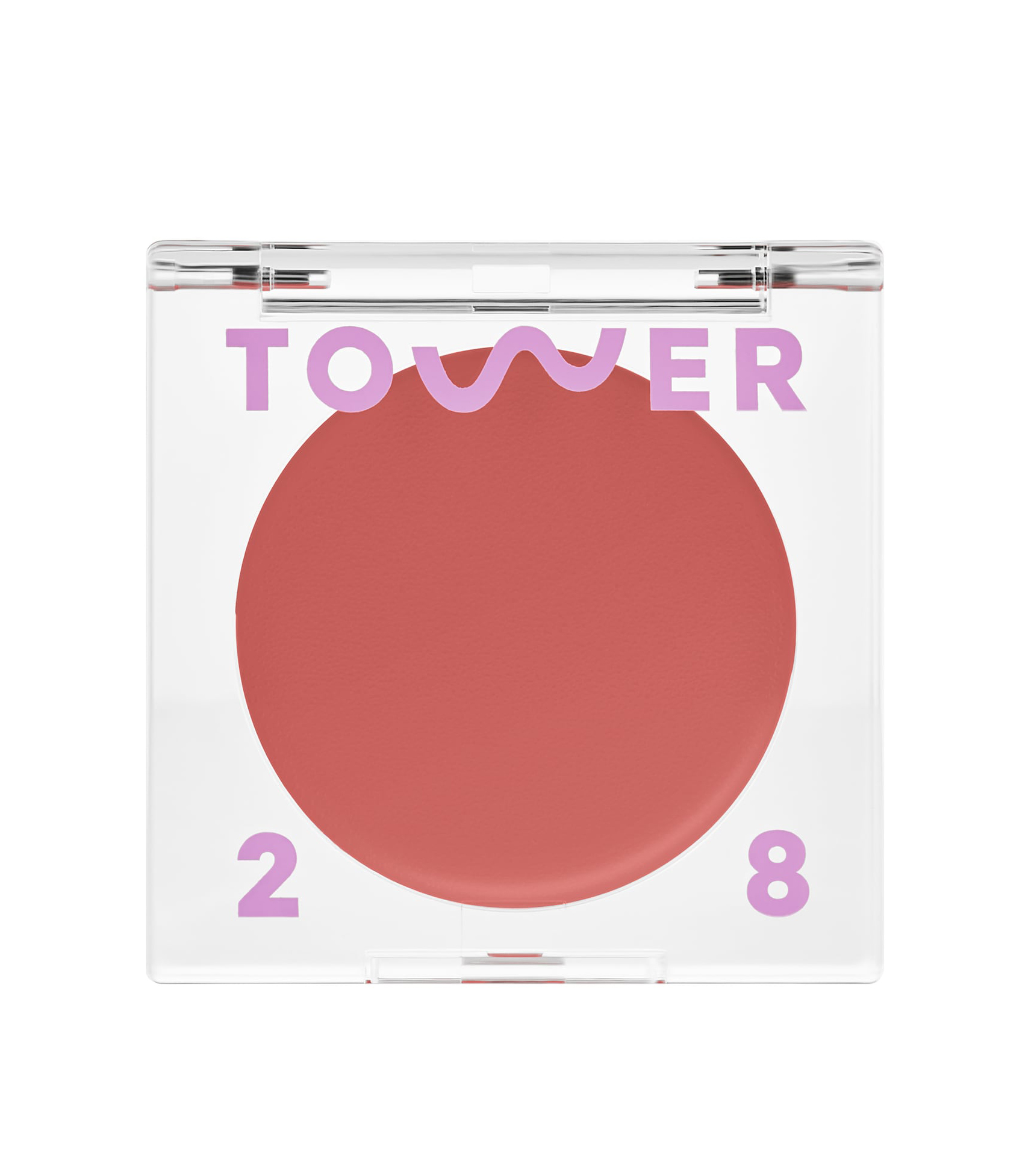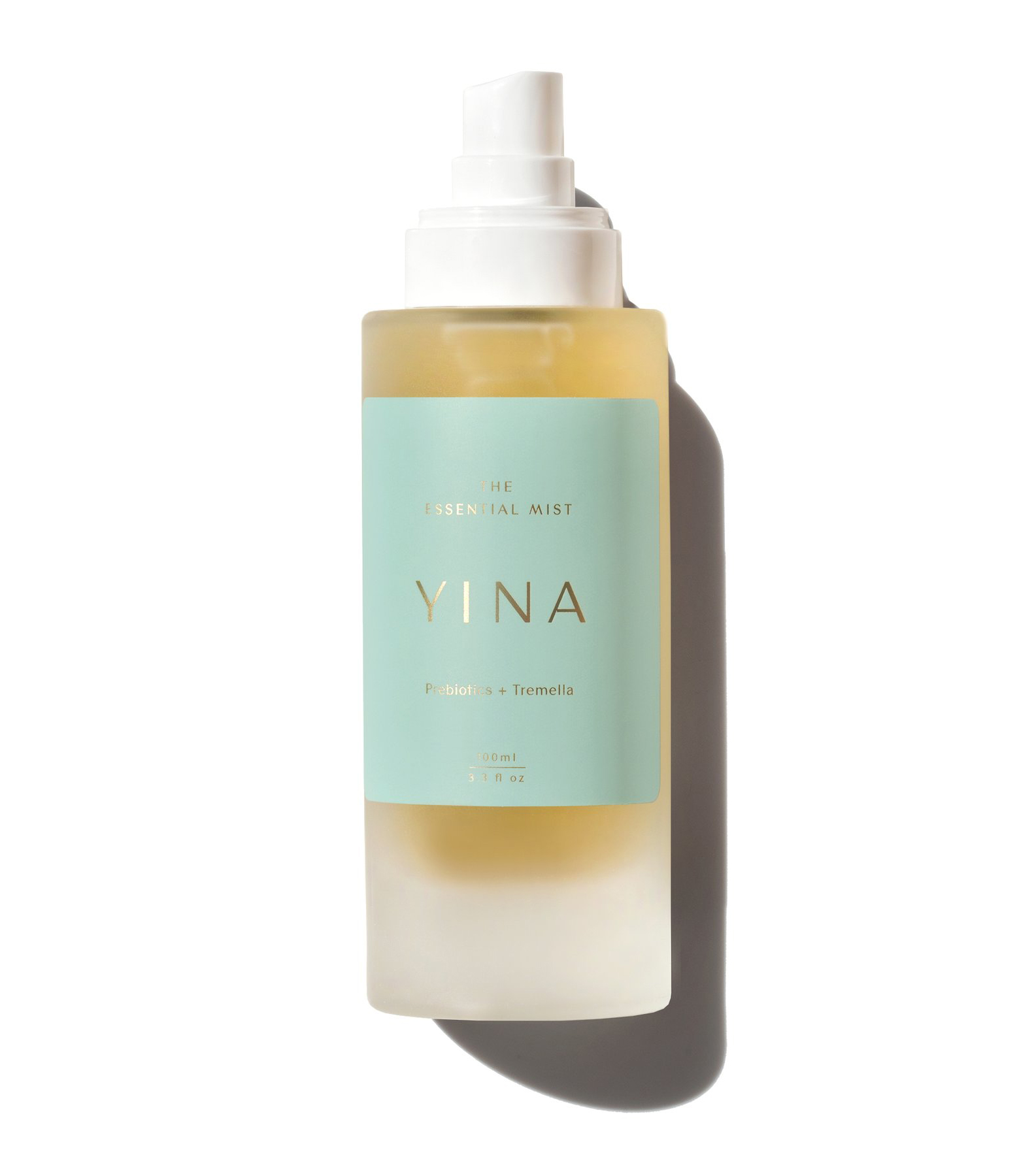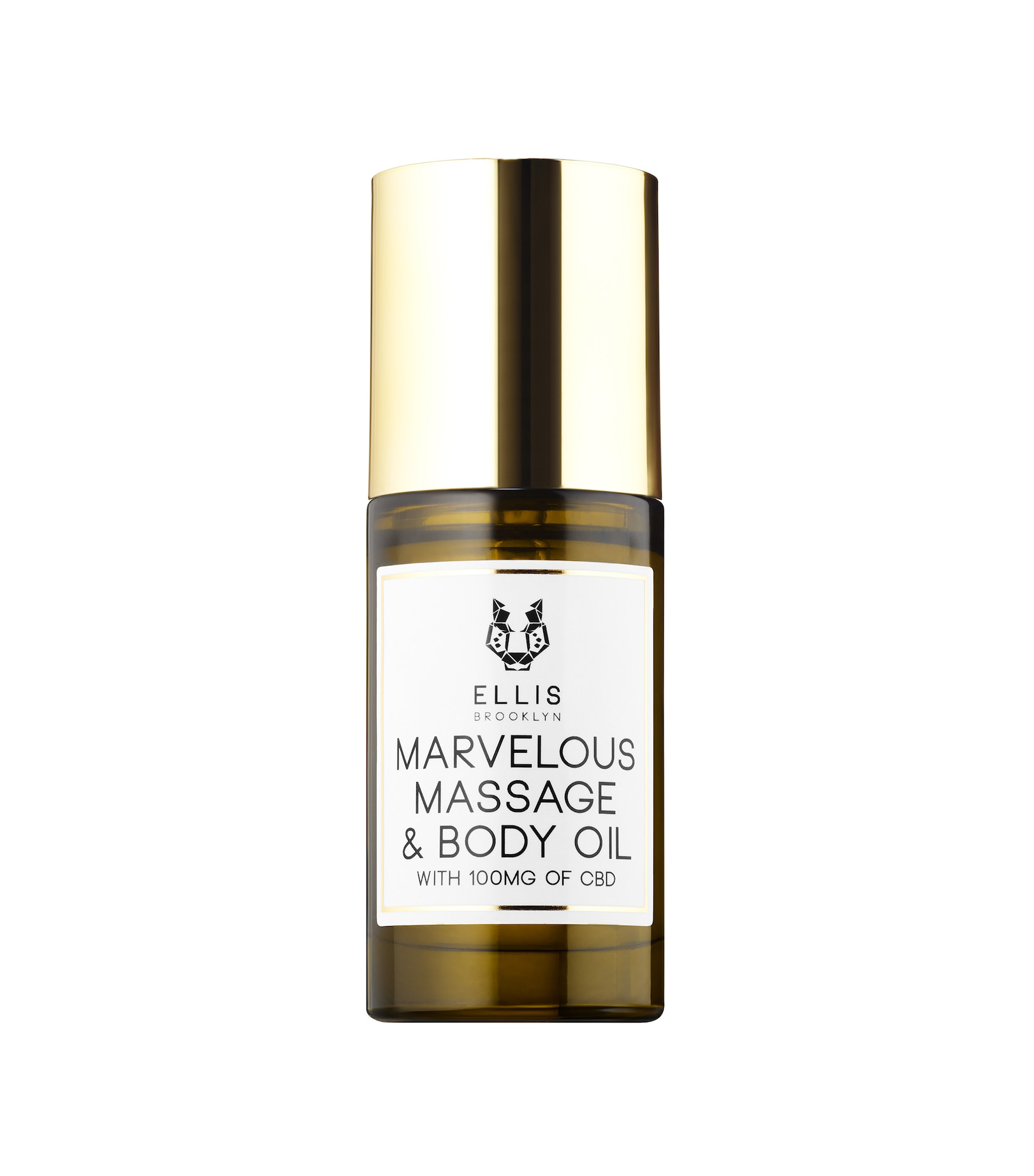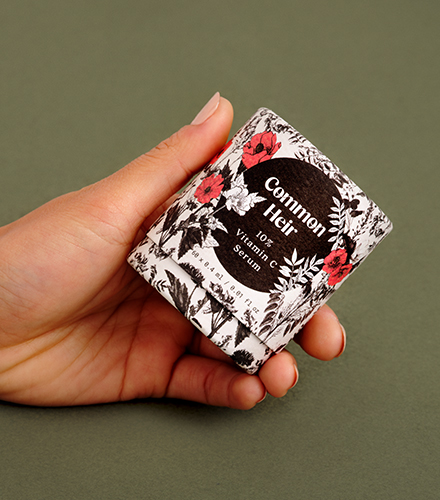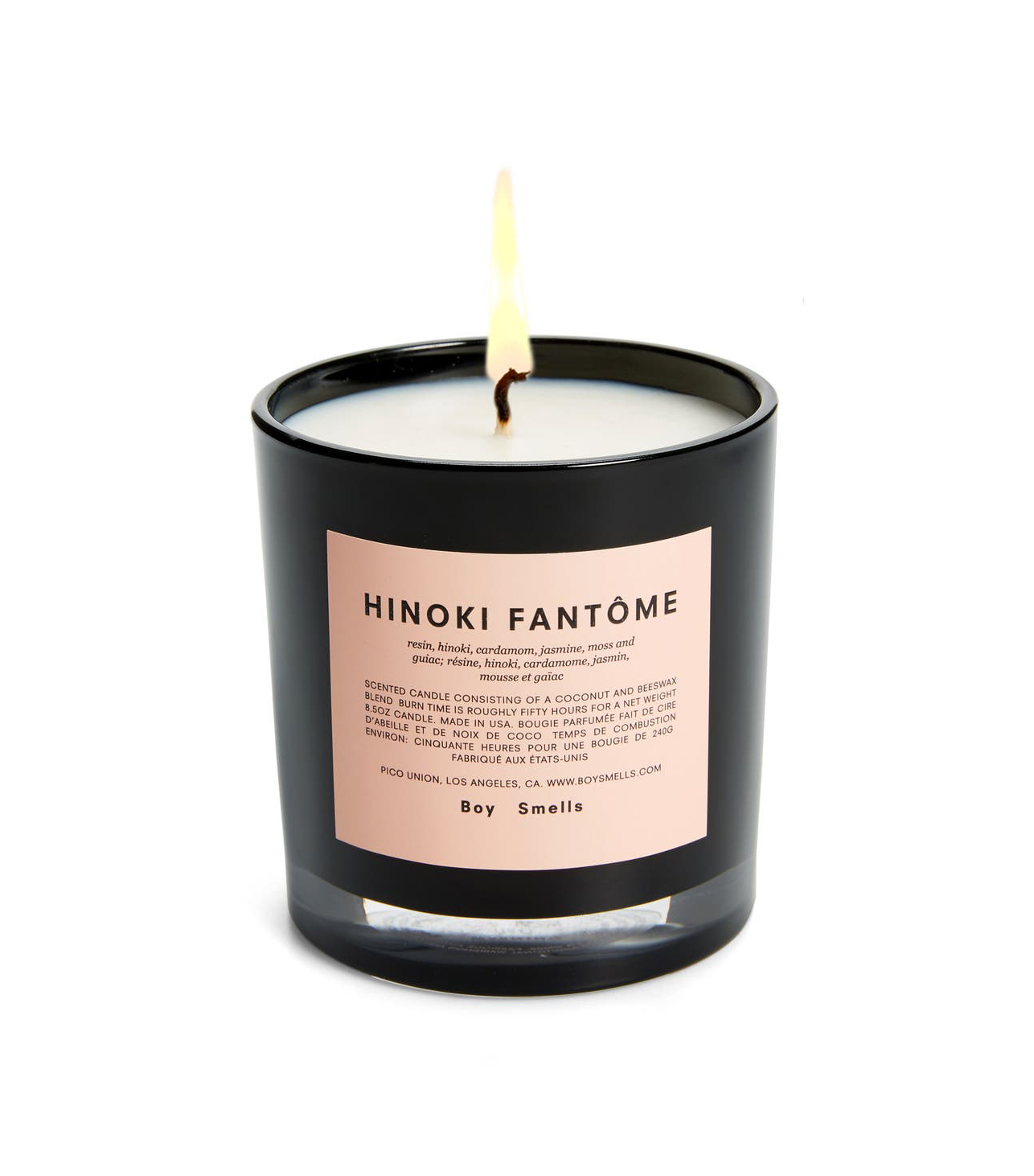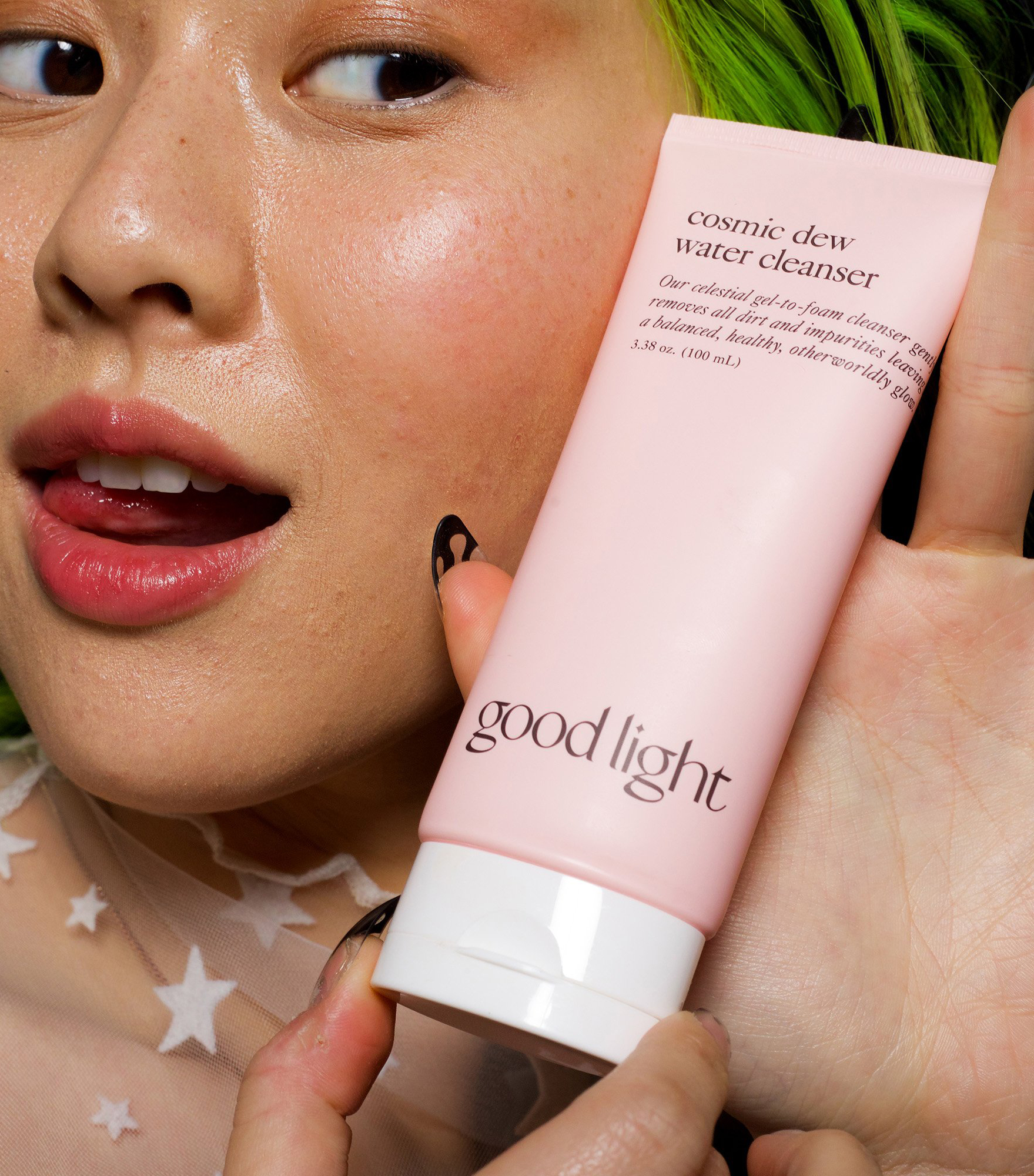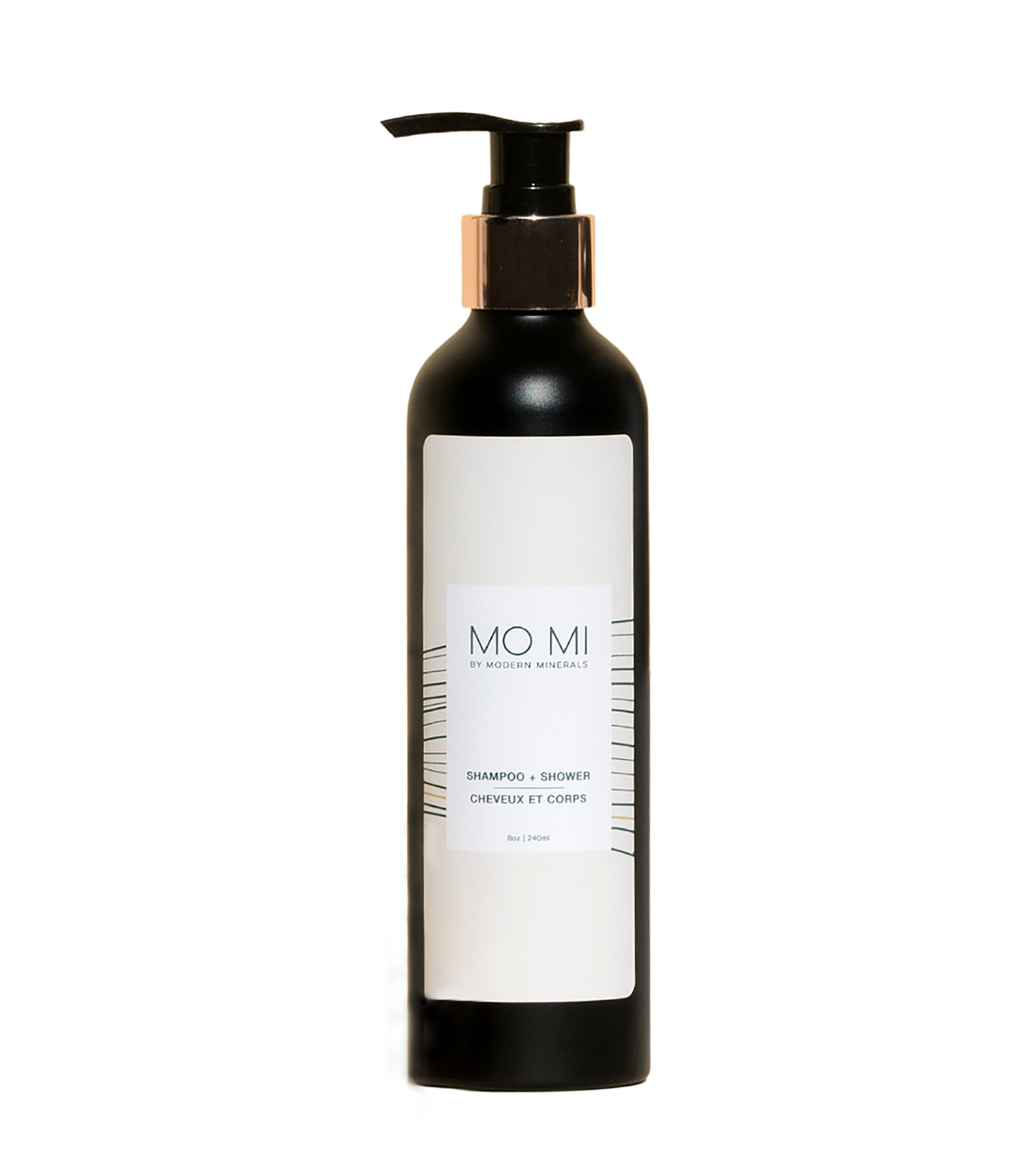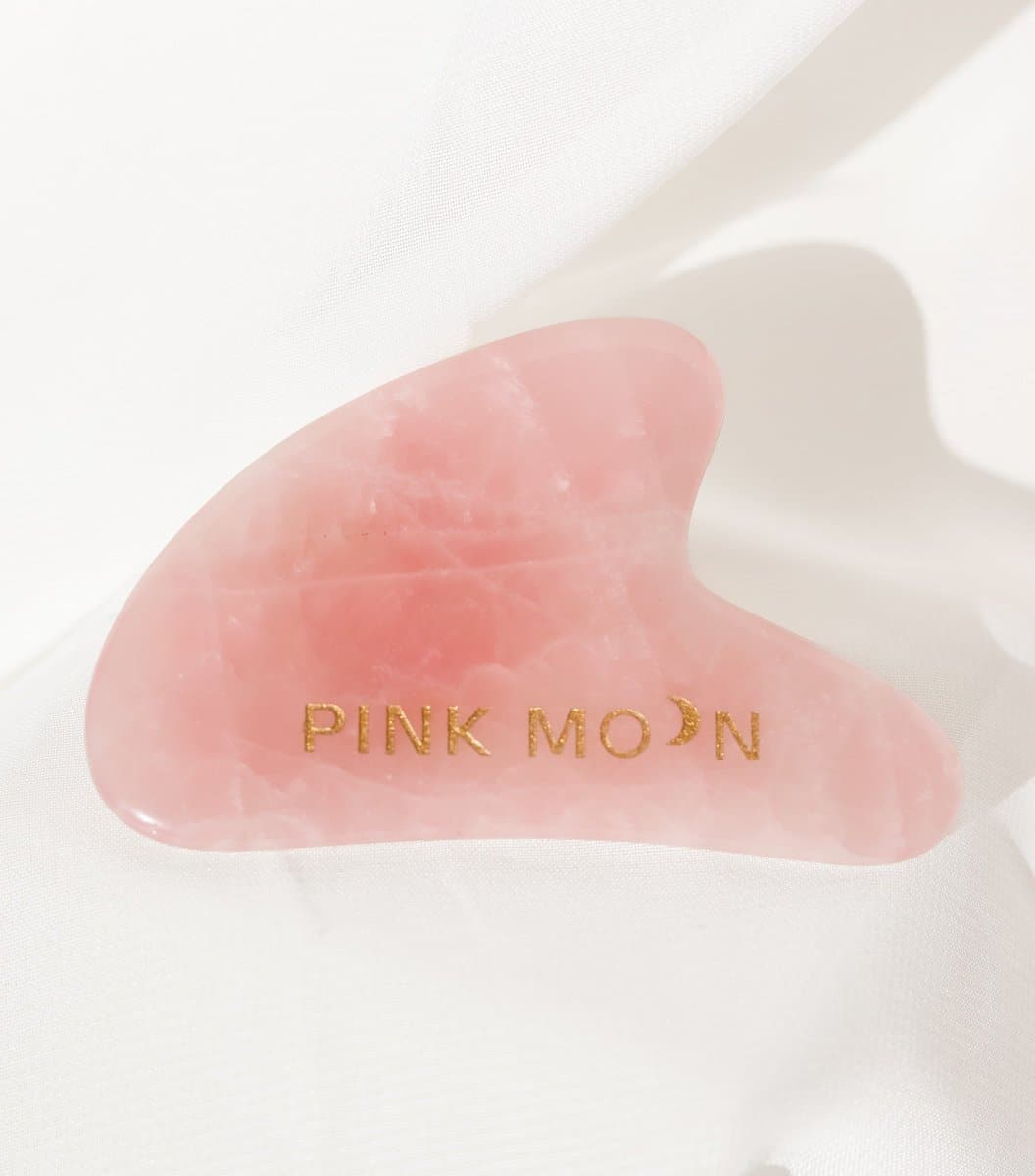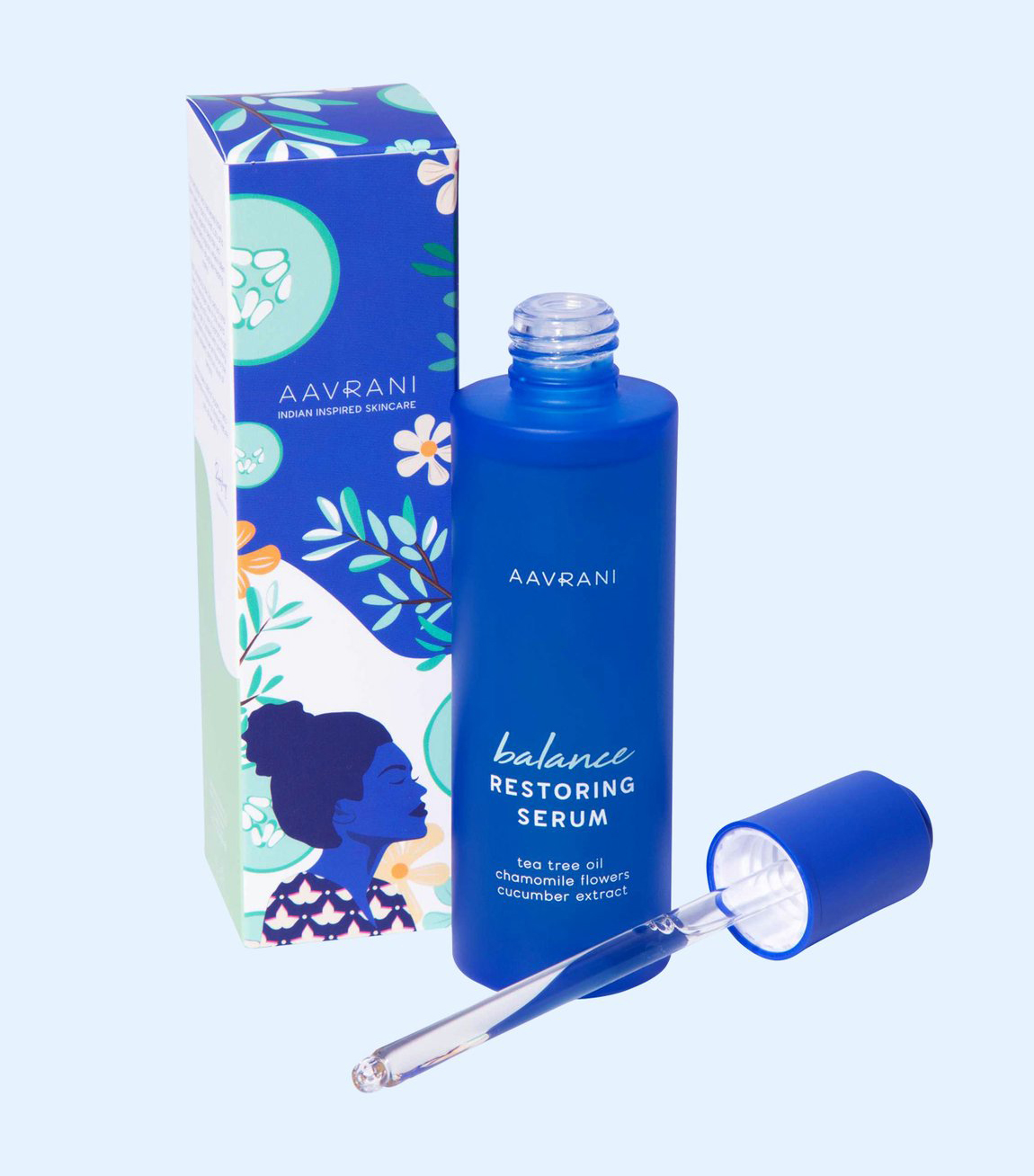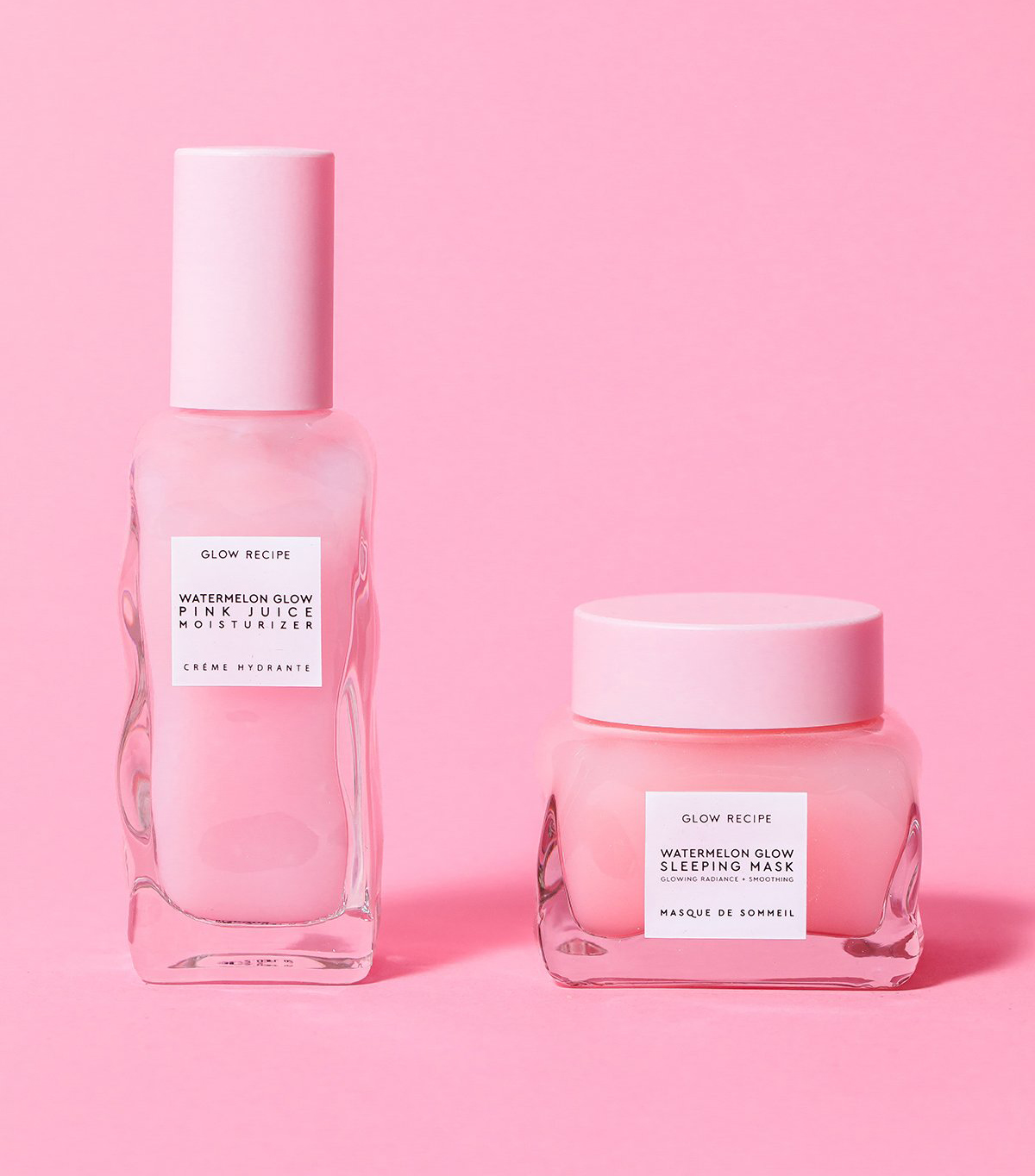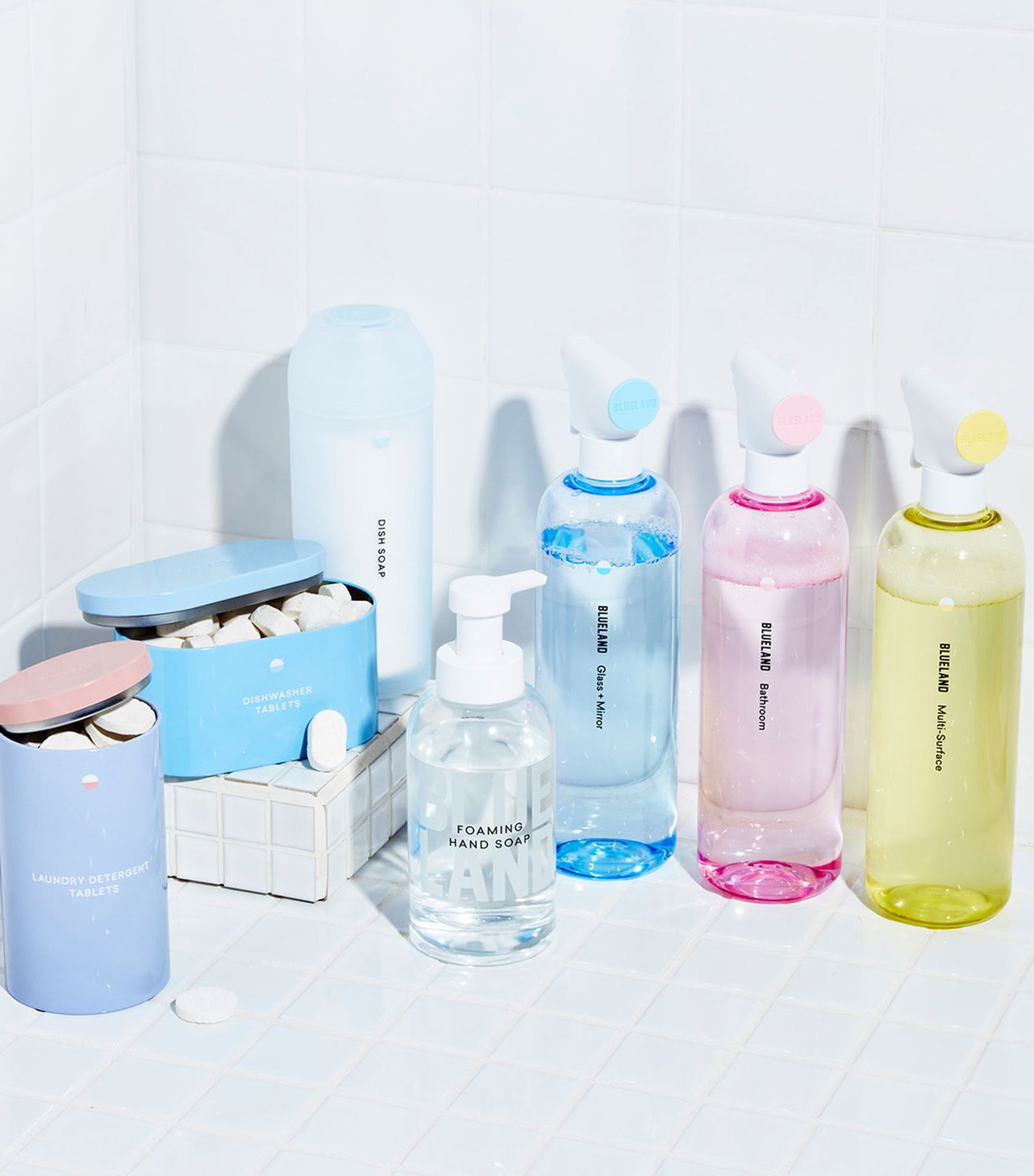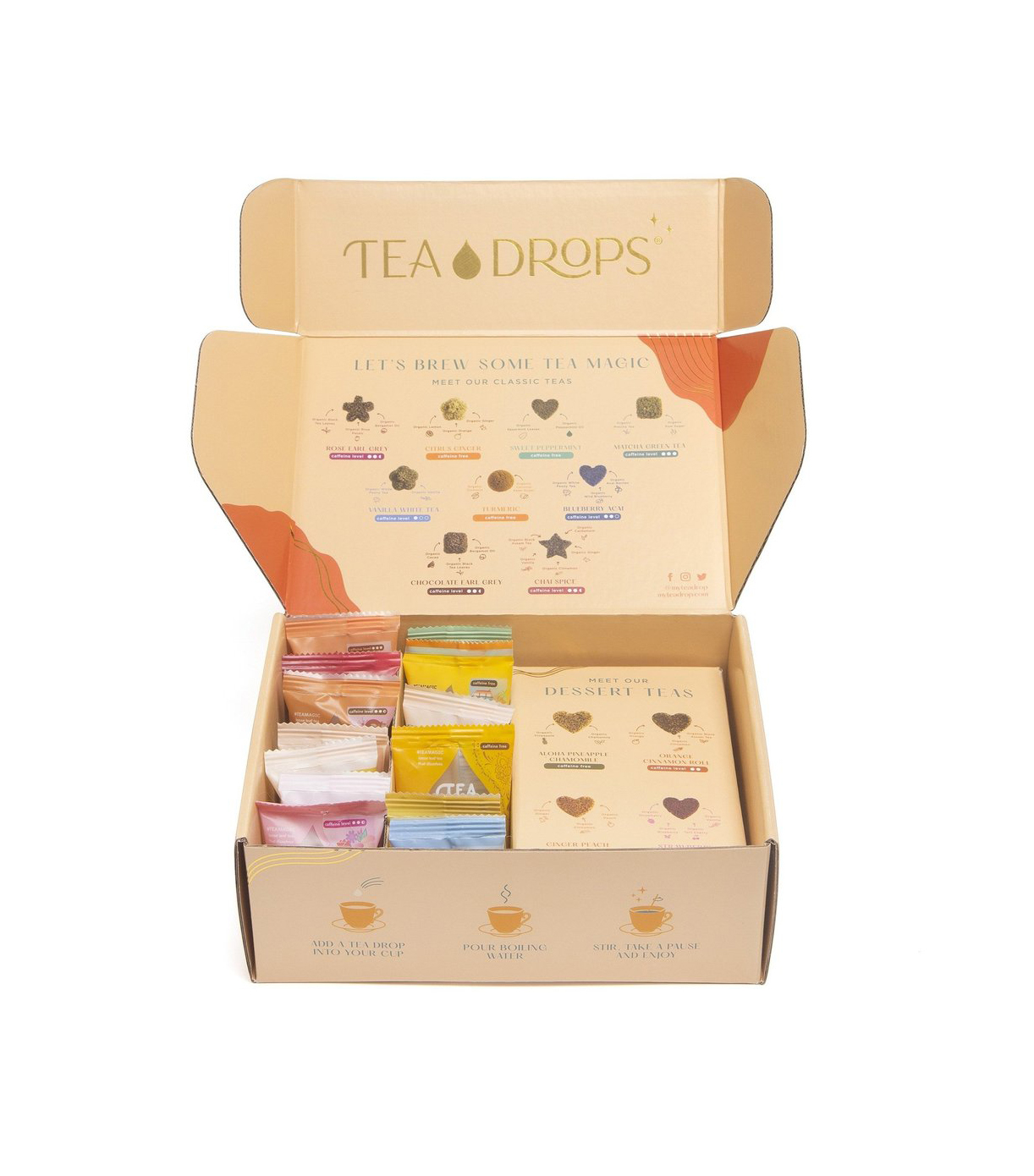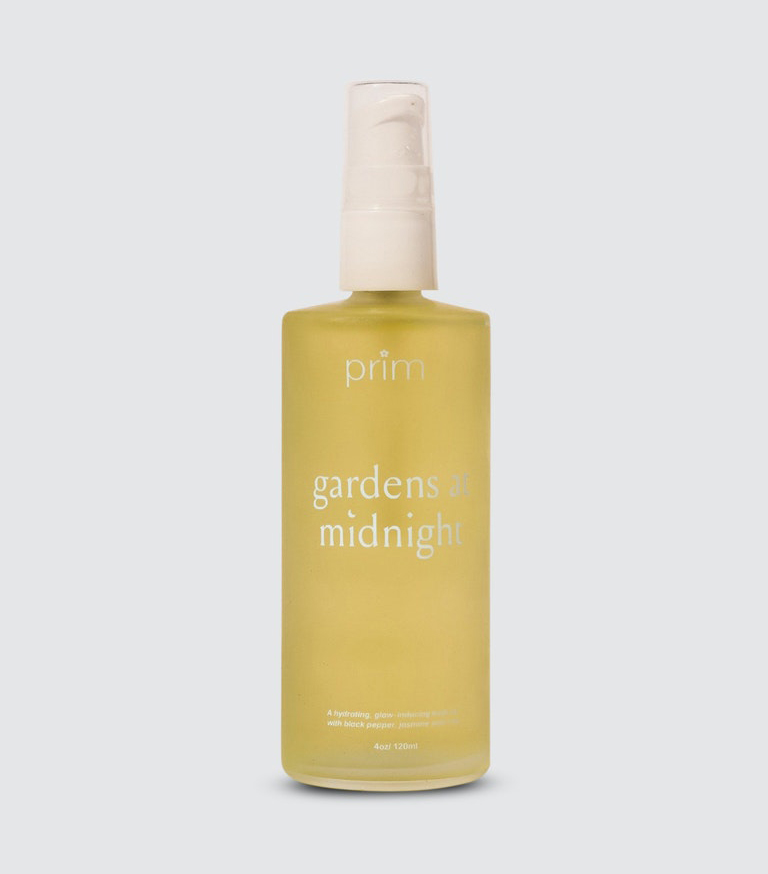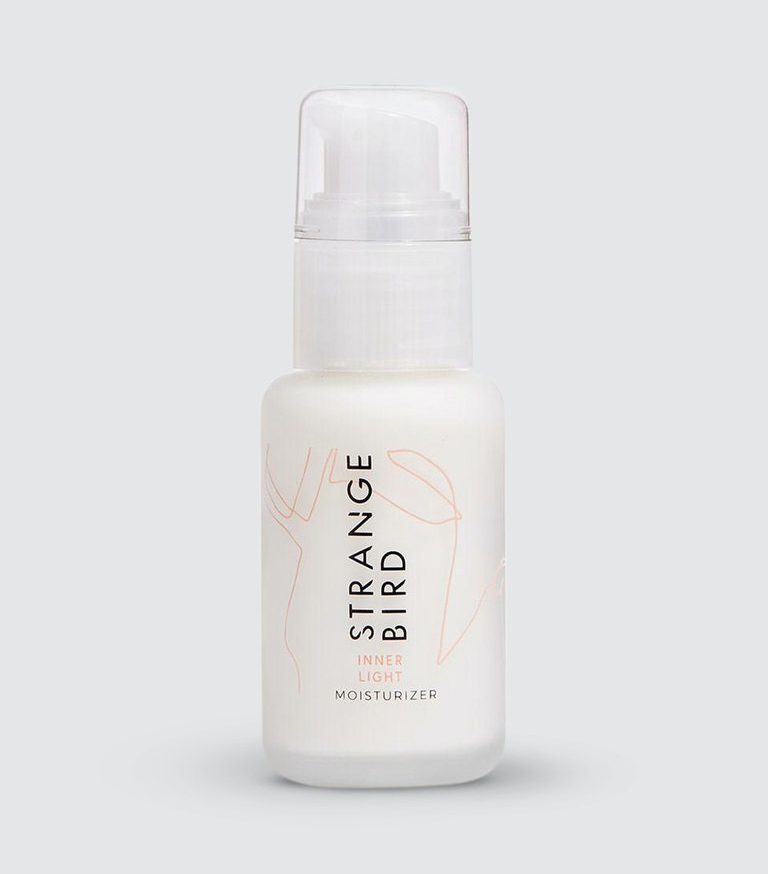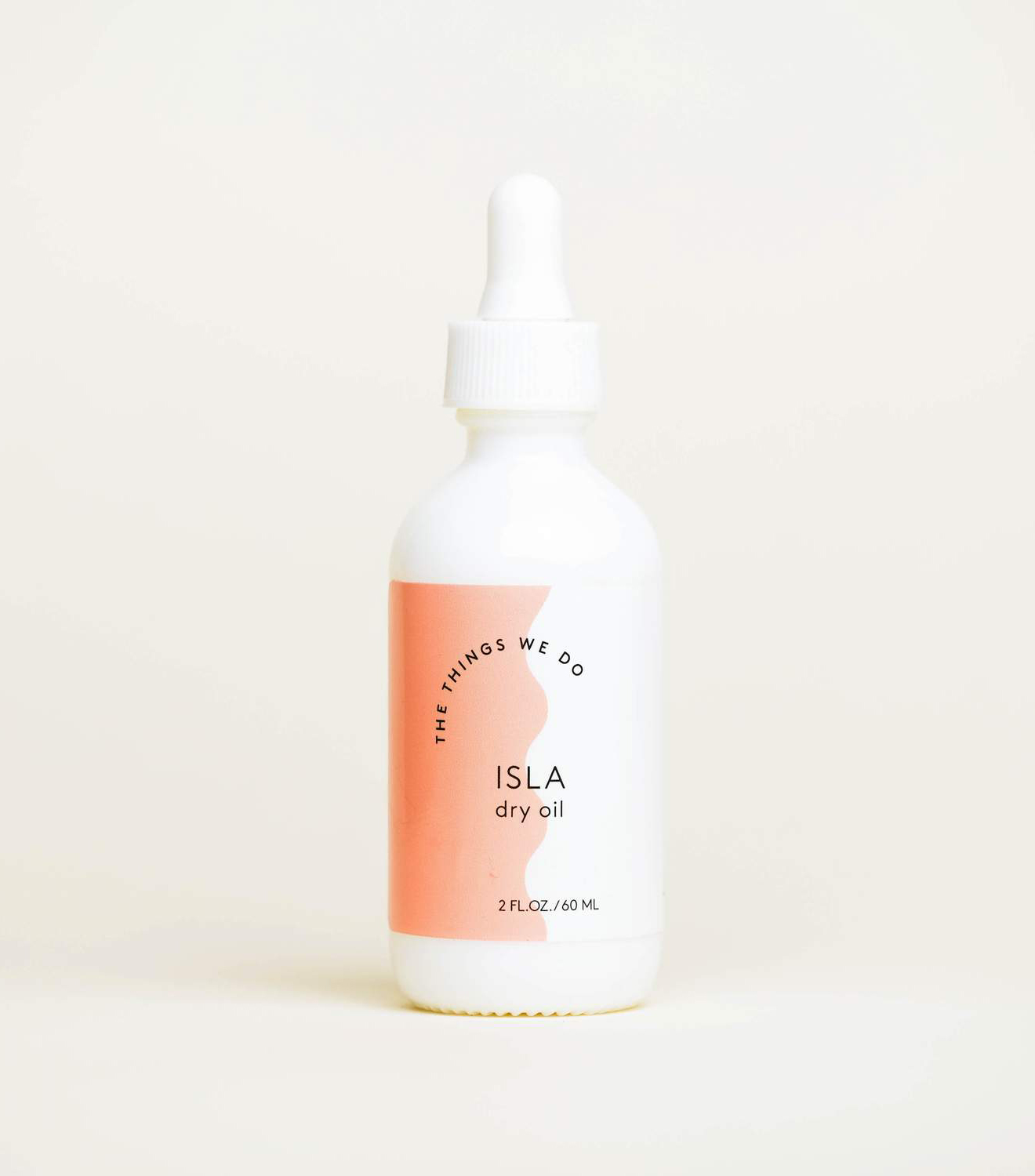These AAPI Founders Have the Most Relatable and Honest Advice About Success
Starting your own business can be a daunting experience. It's a leap of faith into the unknown, and it requires a lot of hard work and determination. You've got to be prepared for the ups and downs. And when you're a person of color starting your own business, there can be even more roadblocks in the way. For example, a recent Shopify survey found that BIPOC founders reported investing twice as much money into their businesses to earn the same amount of money as their white counterparts.
In honor of Asian American and Pacific Islander Heritage Month, we asked AAPI founders across the wellness-and-beauty space to share what they learned starting their own businesses and what it means to be a part of the Asian community. In short, their answers were so inspiring. And personally for me as an Asian American woman still processing the rise in anti-Asian racism and the recent hate crimes and attacks on the Asian community, reading their responses made me feel empowered and not so alone. See their responses below.
Alice Lin Glover, Co-Founder of Eadem
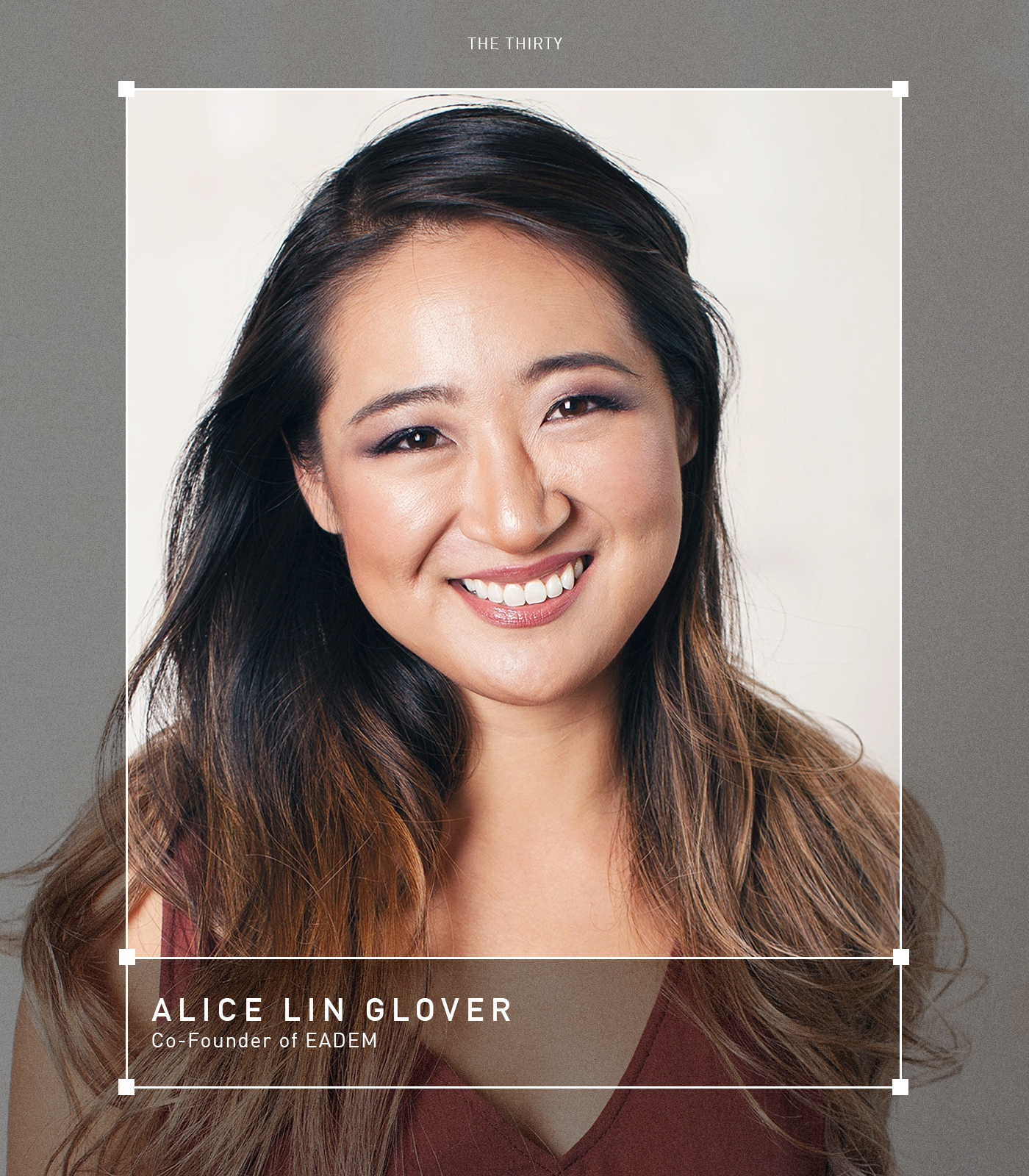
What does being part of the AAPI community mean to you?
Being part of the AAPI community is a great honor that I hold dearly. As a second-generation Taiwanese American, the traditions, real stories, commonalities, and experiences that bring us together must continue to be shared and amplified. The anti-Asian sentiment we are seeing now is sadly nothing new and stems from ignorance, intolerance, and a lack of education. As someone in the AAPI community, I aim to continue to uphold and share our stories about the vast experiences and perspectives of being Asian American.
My co-founder, Marie, and I have built Eadem as a way to spread awareness and shine a light on the things that bind us together as women of color—our victories, struggles, rituals, wisdoms, and newer traditions. It was important that we didn't play into any of the preconceived cultural stereotypes that are often pushed on minority groups—no tokenisms or superficial attempts to be inclusive. Eadem is about beauty on our own terms.
What's your self-care routine like? What's your definition of wellness?
With a newborn baby and a newborn company, self-care these days is all about the basics: keeping a regular wake-up and wind-down schedule, making sure I stay hydrated, and taking afternoon tea breaks, [going on] a daily walk, and keeping my skincare routine simple (thanks to Eadem hehe). My mom has been staying with me to help with the baby, and it's been nice to exchange beauty rituals at a later stage in my life. She's always been my skincare and beauty guru, and so many of her self-care rituals have been passed down to me.
For me, wellness starts from within and is very much tied to the foods I eat (another thing I learned from mom!). Growing up, my mom has always been brewing herbs and broths from her knowledge of traditional Chinese medicine, but it wasn't until I had my first baby that I wholeheartedly embraced it. When she came to help me "sit the month" and heal postpartum, I was so grateful for her presence and this long-standing tradition in such a difficult transition time.
What's the most important thing you learned while building your business?
It's tempting to take shortcuts and compromises when launching your own business—most beauty brands go to a manufacturer, tweak an existing formula, and launch within months. Starting anything from scratch is challenging, but the additional hurdles we faced when creating a brand designed for women of color really taught me the importance of sticking to our values. Our community needs this brand, and with that always at the forefront of our minds, we had to dig deep and question all the existing processes which have historically favored Western beauty ideals and skin tones.
I think our tenacity, which comes from being children of immigrants and the token "minority" in most situations, is something that has significantly influenced the way we work. Even though we come from very different backgrounds (Marie was born in Côte d'Ivoire and raised in Paris), our experiences and upbringing were similar in a lot of ways. Marie and I are relentless perfectionists, no matter how much time and energy it takes, and we never back down from a challenge. My parents left behind their families in an age before smartphones. They worked full-time without child support and always put food on the table, wanting to give their children the best of what they could. Family is a daily reminder of my why!
What's your favorite motto or affirmation?
Great things never came from comfort zones.
And what are some ways others can support the AAPI community?
It all starts with listening and being open to other perspectives that might be different from your own. Our stories are out there, so do your research and use your voice to spread awareness. Don't be afraid to speak up if you hear something racist or incorrect. These comments and microaggressions can often come from our own families and friends, and it's important to not stay silent.
If you buy into things like K-beauty, J-beauty, and TCM (gua sha, acupuncture, etc.), you cannot remove yourself from speaking out! Vote with your wallet and support only the brands that share your same values and beliefs. If you are able to donate, look into giving to charities that actually help those that are suffering in the AAPI community (and you can always donate your time instead by doing charitable work).
Amy Liu, founder of Tower 28
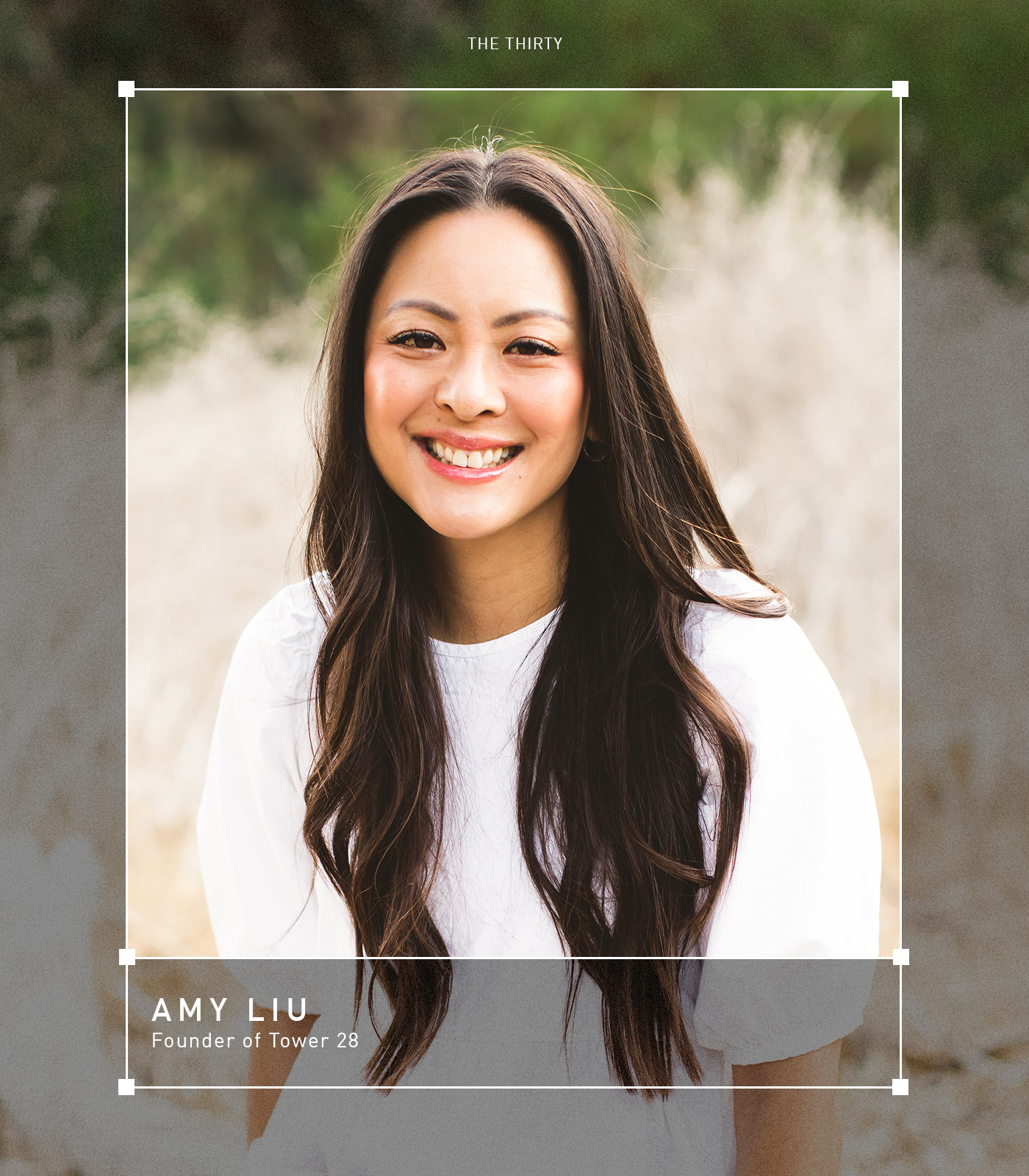
What does being part of the AAPI community mean to you?
I really don't know what I would do without the incredible support and love received by the AAPI community. It's through this strong circle of amazing individuals that I've been given the chance to share the mic with other inspiring Asian founders, host events with friends like David Yi and film director Alice Gu, and stand up to the recent anti-Asian hate crimes. Together with the founders of brands like Tatcha, KraveBeauty, and Peach Lily, among others, we put out an open letter and pledge in The Wall Street Journal to end the violence and racism against Asians in America. Though the subject matter was painful, I felt proud to be able to stand with my community at such a crucial point in U.S. history.
Time and time again, I'm shown the importance of this community, and so much of what we do at Tower 28 is inspired by these values.
What's your self-care routine like? What's your definition of wellness?
As a mother of three, my idea of self-care has definitely shifted over the years! I would love to have a consistent routine that I enjoy, but at the moment, I'm squeezing in moments for myself where I can. I do my makeup nearly every morning since it helps me feel like I'm starting my day—plus I have to try new lab samples every day!
Wellness is all about keeping my body and mind healthy by spending time outdoors with my family, exercising, eating right, and being kind to myself. We recently took a family road trip and explored some of my favorite national parks (including the Grand Canyon!), and there's nothing like disconnecting from technology and spending quality time in nature for your well-being.
What's the most important thing you learned while building your business?
It takes a village to launch and run a business! It's important to know your strengths and lean on the expertise of others for things that are unfamiliar to you or that you aren't as good at. We work with so many incredibly talented individuals at Tower 28, and it wouldn't be where it is today without everyone involved. From our amazing makeup artist friends to the brilliant chemists (truly the best in the business!), it really is a team effort.
What have you brought from your background and upbringing to your work?
Growing up, I watched my dad work hard as an entrepreneur. He was always so passionate about his work, and I knew that I wanted to feel the same about the work that I was doing. Observing him over the years has really influenced the way that I run my business. Even though my dad now lives in China, I love to keep him updated with everything that I'm doing and send him all the press clippings because I know how much my personal entrepreneurial journey means to him.
What's your favorite motto or affirmation?
Someone once told me that "you can have it all, but you can't have it all at once," and it's something that has really stuck with me, especially through launching my own business. It's easy to look at others and feel pale in comparison, but we're all running our own race!
And what are some ways others can support the AAPI community?
Look to trusted resources like Stand With Asian Americans for ways to support. Listen to the AAPI community and use your own platform (big or small) to amplify the voices of others who need to be heard, especially during these important moments. Stand by the brands that are pushing for inclusivity, both on their internal teams and also in their outward-facing campaigns and product offerings. Racism is so deeply rooted in the U.S., and it's going to take a continued effort for minority groups to feel supported.
Angela Chau Gray, Co-Founder of Yina
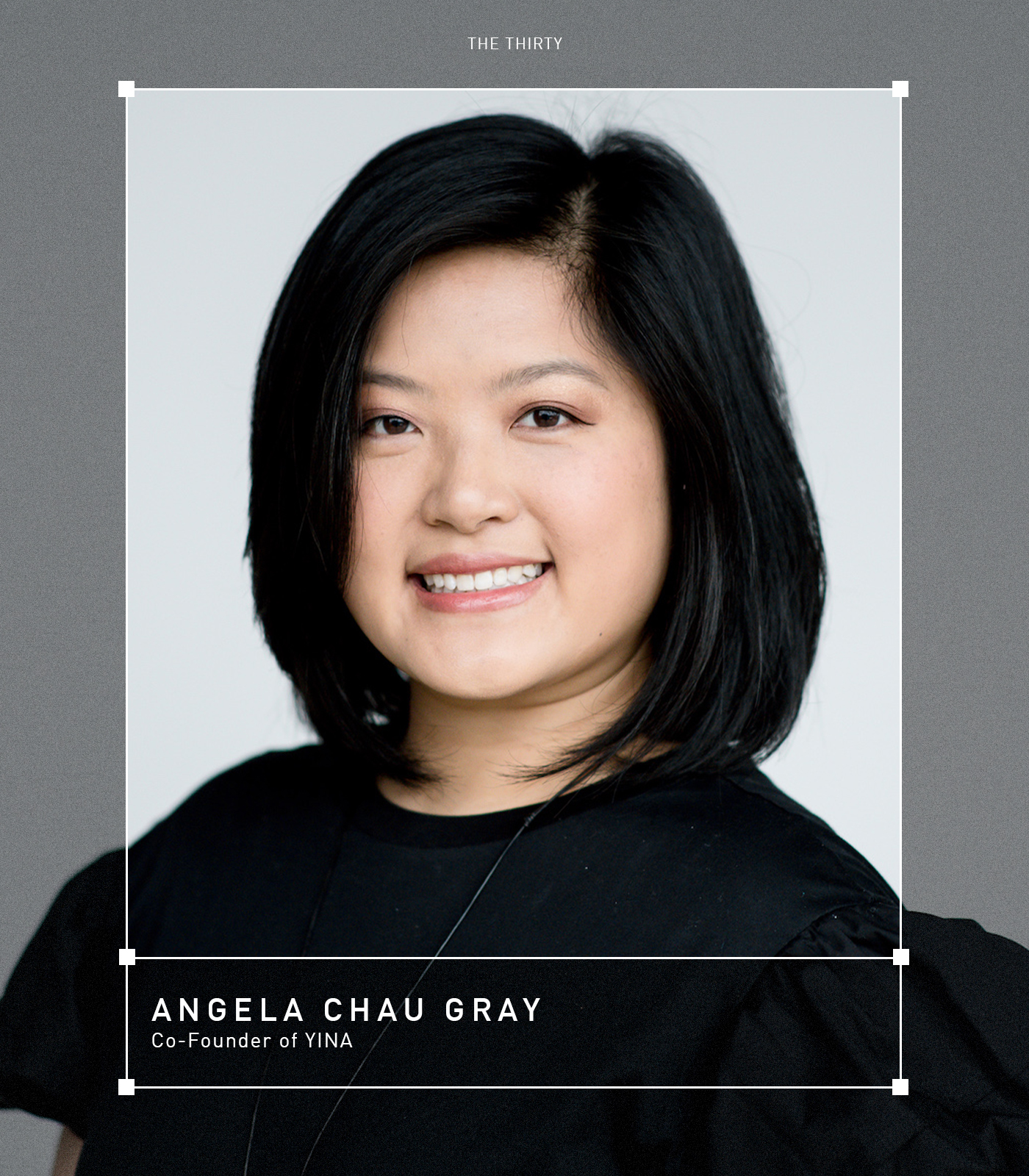
What does being part of the AAPI community mean to you?
It means being mindful and respectful of all cultures and traditions. The AAPI community represents over 20 countries and over 500 different languages and dialects. We are a large group of peoples with a rich, diverse cultural history. We are here to help bridge the West and the East and share our cultural identity with the world.
What's your self-care routine like? What's your definition of wellness?
Yang Sheng (nourishing life) is what I practice. It's wellness deeply rooted in traditional Chinese medicine (TCM) and embodies living in harmony with the seasons and environment. Self-care is fundamental in this practice. It's about your breath, movement of the body (qi gong), seasonal nutrition (bupin), sitting meditation, restorative rest, dreaming, cleansing, and bathing.
What's the most important thing you learned while building your business?
Being open and flexible, while listening to our tribe and community. We are here to guide them on their wellness journey through the wisdom of TCM.
What have you brought from your background and upbringing to your work?
All the clichés you hear about Asian Americans, proud of them! My parents immigrated to the U.S. with very little. I was the first to graduate from college and graduate school. My perseverance, strength, and determination came from my upbringing; wisdom from the elders. Fears and generational traumas are present, but I've learned to embrace, digest, and compost them. Communication is vital.
What's your favorite motto or affirmation?
The tensions and struggles in our mind are only present if we choose to prioritize them.
And what are some ways others can support the AAPI community?
Talk to your AAPI neighbors, brothers, and sisters. We all need to communicate with one another more, especially during these times. Be that person to step up and lend a helping hand to victims of unjust actions. Understand we are all still processing generational traumas. Just be kind.
Bee Shapiro, Founder of Ellis Brooklyn
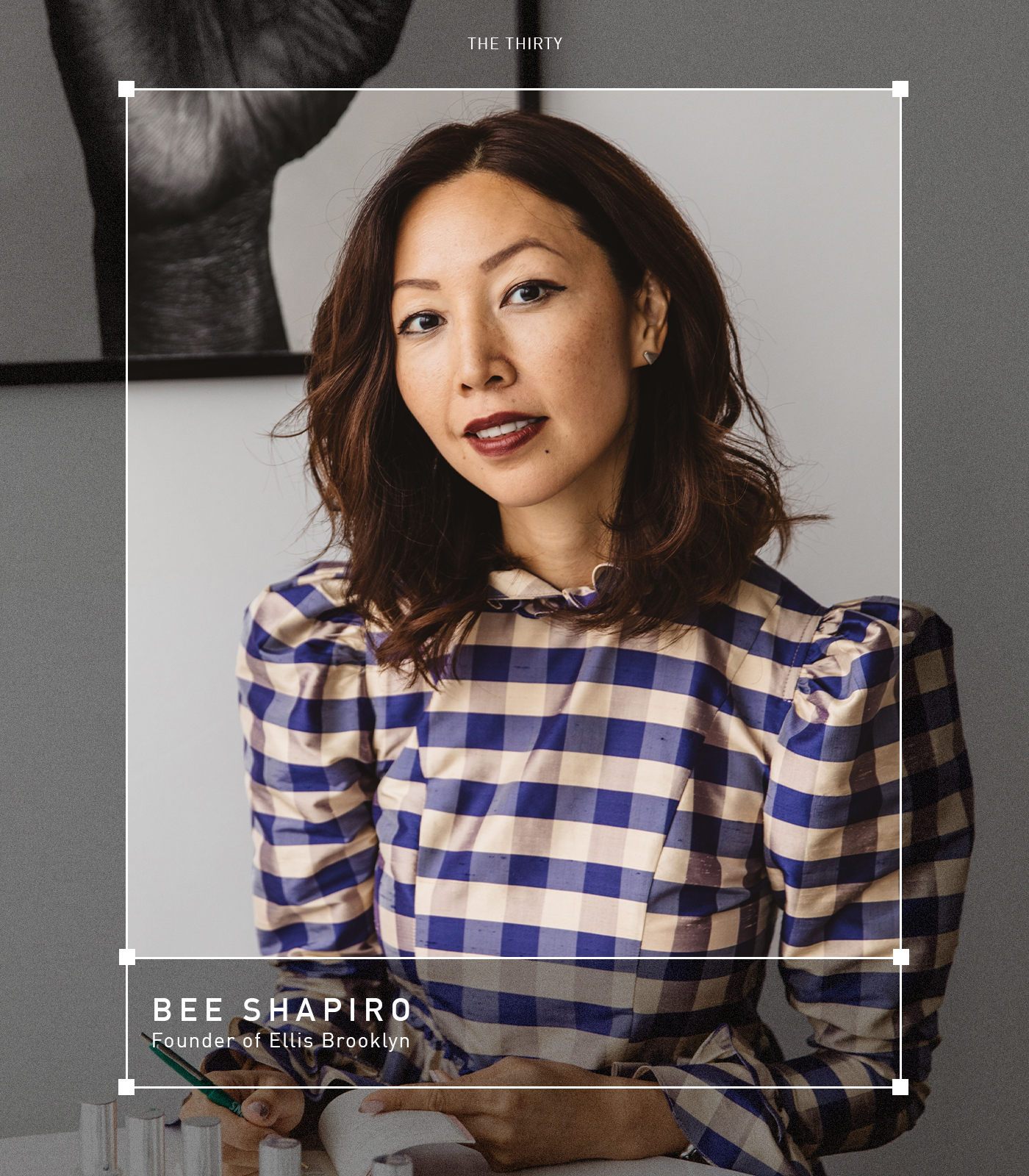
What does being part of the AAPI community mean to you?
For me, it's part of my identity. I grew up in the suburbs of Seattle, and my uncle organized this group called the South Puget Sound Chinese American League. It brought together so many immigrants like me and my family, and it gave us this sense of community and also programs where we could come together.
What's your self-care routine like? What's your definition of wellness?
I am big on supplements, but rather than cobble together what I think is trendy or interesting, I work with my doctor on them, Frank Lipman, MD, who is incredible at functional medicine. I do a blood test every year or so, and we take a look at where my levels of everything are at first. Wellness I think is more integrative than just health. This is something I've discovered in the last few years or so. I was that person who would shove their feelings down and get on with it. Now I work with a life coach, and I try to count my blessings. It sounds so cliché, but it's true: Remembering gratitude can really give me a new lens on a day.
What's the most important thing you learned while building your business?
To not give up. It's not so much a stubborn thing of not giving in as it is a flowing, malleable, ever-changing quality that you're doing to adapt and persevere no matter what. This is how brands stay relevant. It's this balance between being what the brand is and sticking to its guns, but also knowing when to adapt to our constantly changing world.
What have you brought from your background and upbringing to your work?
I'm a hard worker. And I'm very conscious of this being tied up with the whole model minority myth. I'm sure growing up Asian American was part of it for me. But I also went to law school and practiced law for a year and saw how hard everyone worked there regardless of race or background. What I've learned over the years is that if you want to go for something with passion, then there is hard work. There is no way around it. Just make sure whatever you're putting in all that hard work and time into is worth it.
What's your favorite motto or affirmation?
Being the bookworm that I am, I love Oscar Wilde quotes. My favorite is: "Be yourself; everyone else is already taken."
And what are some ways others can support the AAPI community?
I would love it if other minority groups also spoke up regarding the hate crimes that are happening. Being a minority is a unique experience, and we have shared common ground even if we are all very different. I think supporting each other through our struggles and injustices is key.
Cary Lin, Co-Founder and CEO of Common Heir
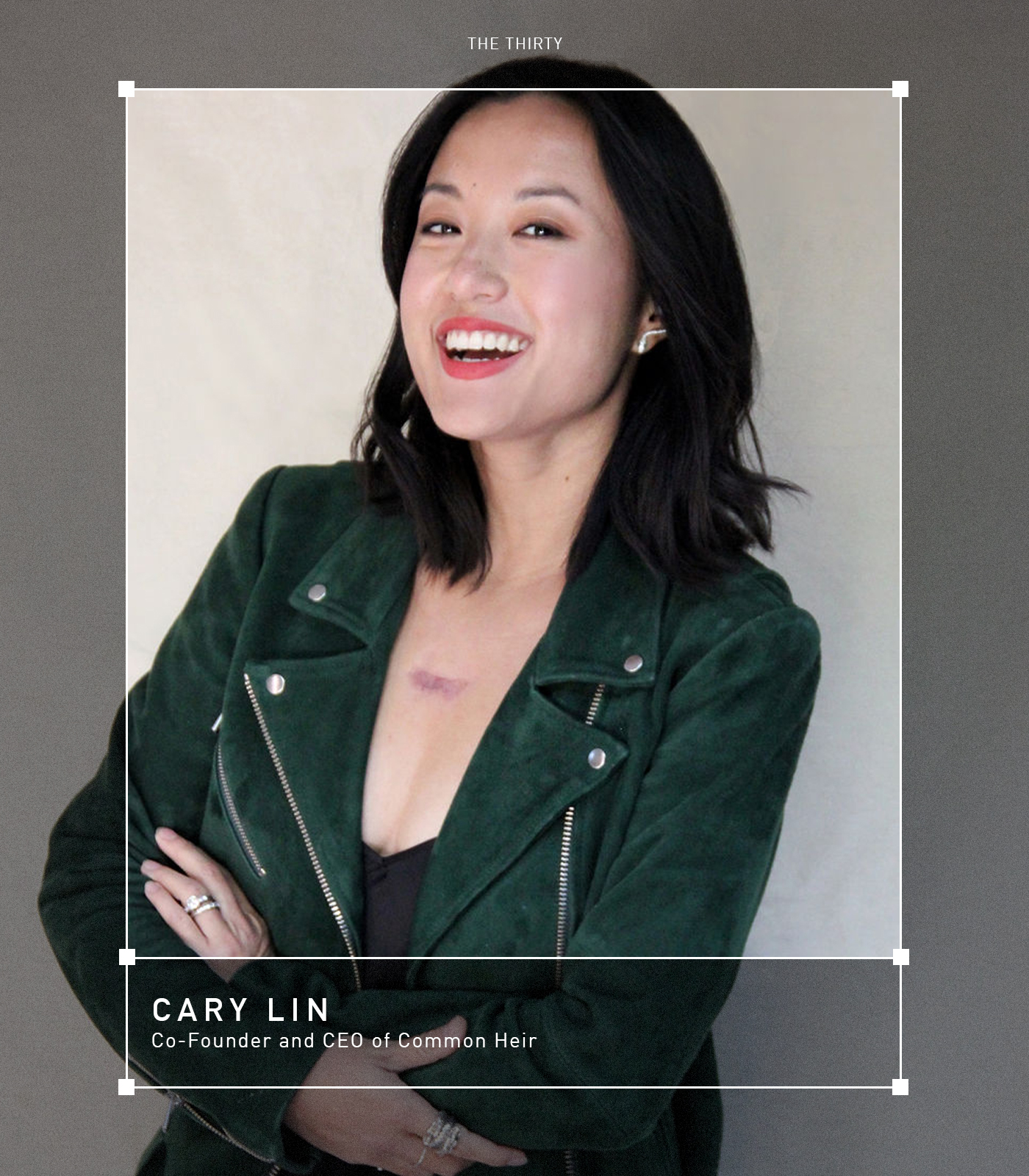
What does being part of the AAPI community mean to you?
I'm incredibly proud to be Asian American, even though growing up, I definitely struggled with my identity. To me, it means celebrating what makes us unique and reimagining those cultural touchpoints on our own terms. Whether it's upending the food, beauty, or the entertainment industries, I see AAPI movers and shakers breaking stereotypes and taking charge of their own narratives. We are not a monolith—I know that my own experience doesn't represent the diversity of the AAPI community—but I am inspired and elated by the community organizing and activism to advance representation and vibrant cultural expression. Compared to my childhood, there now are so many more visible figures in media, politics, and business who look like me that I can look up to, who aren't hiding in plain sight and who are fearless in using their platforms to advance common causes and celebrate their heritage.
What's your self-care routine like? What's your definition of wellness?
My definition of wellness comes from my mother: health and happiness. My self-care routine involves taking five minutes a day to meditate and set my intentions, telling my partner how much I appreciate him, and ensuring I do my skincare and dog-walking routines first thing in the morning.
My mom taught me that health is the greatest wealth and that happiness can only be internally derived. The women I know in my life often put themselves last, and that's why I think self-care is so important. It enables us to fully be there for others.
What's the most important thing you learned while building your business?
No plan survives contact with reality it turns out! I sometimes joke that we had backups to the backups, plans A through Z until we ran out of letters. We were constantly pivoting and adjusting in our quest to build a global supply chain, understand what consumers wanted—and what they didn't—and responding to that as fast as we could. I remember early on we did this "pre-mortem" exercise based on a thought experiment of "If this went wrong, what would happen? And what can we do about it TODAY to make sure that doesn’t happen?" When I look at it now, this only ended up making our end product and consumer experience with Common Heir stronger.
What have you brought from your background and upbringing to your work?
I became interested in beauty after college, but my life has been shaped by different cultural forces. It wasn't until I worked for a well-known Asian American founder in San Francisco early in my career that I came to appreciate the business of beauty. How, with the right storytelling, it can make people feel good—empowered, even—to express themselves and their values.
When I was old enough to shop at Sephora with my own pocket money as a teenager, I remember NEVER being able to find the right foundation for me. The undertones were simply not for my skin, and it turned me off of cosmetics and beauty until I graduated college and began to start work. At the same time, Asian-led brands never had my skin tone either because it was too dark. When I visited Korea a couple of years ago, I went into a very popular cosmetics store and asked for my shade in a CC cream. I was matched to the very darkest shade, and the store assistant had to go to the back of the store before apologetically letting me know that they didn't have my shade in stock. So in that way, I've felt caught between two beauty standards that I never truly fit into.
As a result, my love for skincare isn't really about conforming to a particular look—donut-glazed skin, glass skin, pale skin or bronzed, sun-kissed skin—but rather about finding whatever brings out the best, most confident version of you. I'm never going to fit in perfectly to any given cultural idea because I occupy the space between multiple cultural beauty ideals, and our goal with Common Heir is to not force fit a standard of beauty, but rather to let the SELF shine through self-love, self-care, and care for the planet. The only thing universal is that we all share time on this planet together, and maybe that's why Angela and I haven't been as forward about leaning into our specific ethnicities throughout this journey and instead choosing to focus on the things that unite us in COMMON—maybe because we both know what it's like to occupy the shades and spaces in between. That's why we chose vitamin C serum as our first hero product—like wearing sunscreen, it's something that just about everyone can benefit from, even if they have different skin tones.
My mother is a small-business owner (she is a medical psychiatrist turned acupuncturist with her own practice in Berkeley, California) and her mother/my maternal grandmother was a seamstress who created her business out of garments. Whenever I reflect on how difficult the entrepreneurial journey has been—raising money, draining savings, fighting moments of self-doubt (Will anyone care? Will they like the product?), no health insurance in the middle of a pandemic—I am reminded of the humility and hard work of my mother and grandmother and the fact that I have the freedom to pursue building a business by choice.
What's your favorite motto or affirmation?
Be the change you want to see in the world. Common Heir was born out of our intention to reimagine our beauty rituals, so we’d feel proud to pass them down to the future. It starts with intention and action, and you never know who you will inspire along the way.
And what are some ways others can support the AAPI community?
Supporting the AAPI community comes in so many different forms, but right now people can support through self-education of Asian American history, reading books like Minor Feelings by Cathy Park Hong to understand how some of your AAPI neighbors or colleagues at work may be feeling during this time and the mental toll of being the "model minority" in America. Asian Americans are among the least likely groups to seek mental health, so an understanding of these issues is so important when creating change. People can also support Asian-owned small businesses in their own community or donate to organizations like Stop AAPI Hate.
Cassey Ho, Creator of Blogilates and Pop Pilates
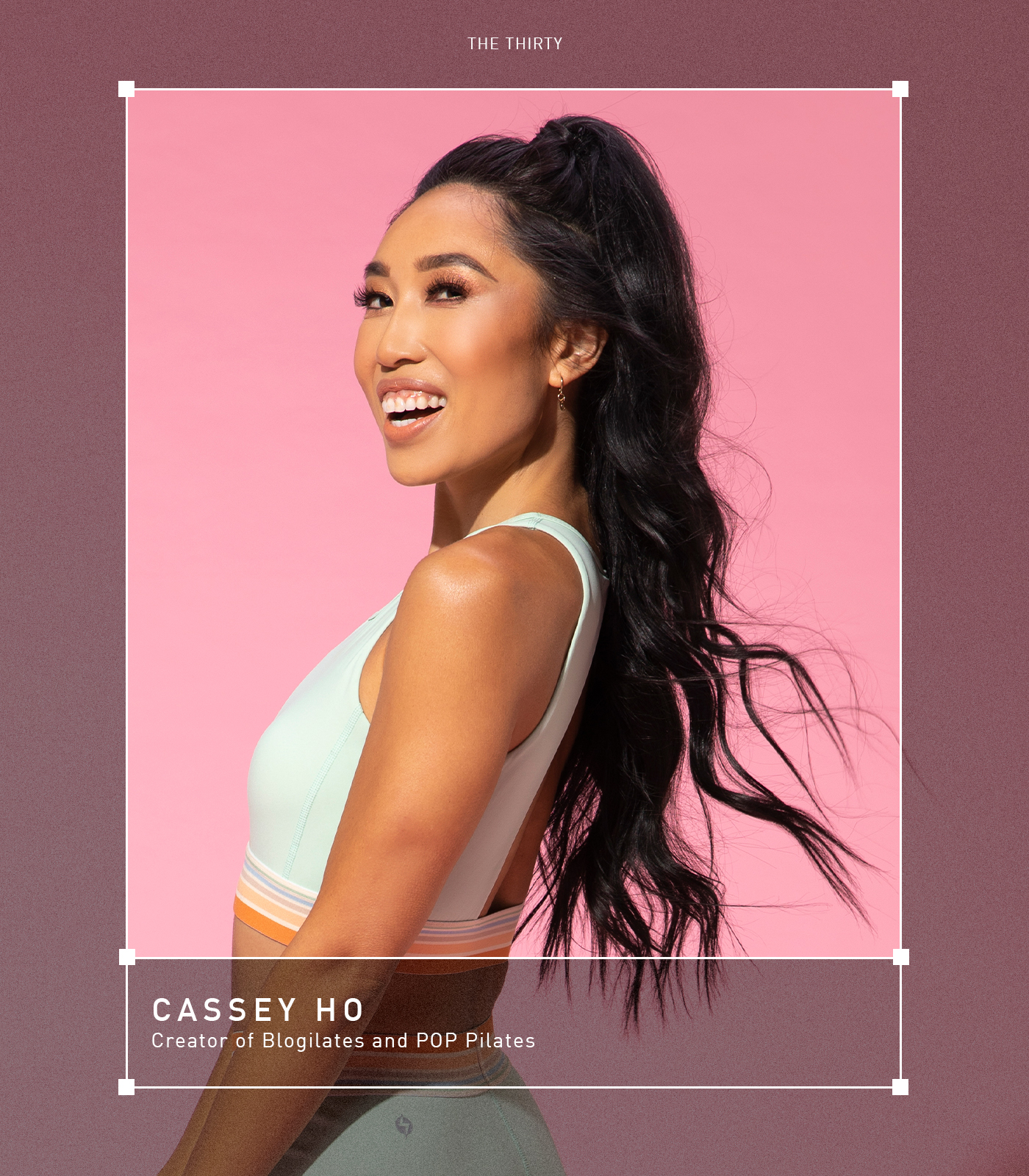
What does being part of the AAPI community mean to you?
I love that there is a strong bond between Asian American YouTubers, especially the OG ones! It's nice to feel a sense of belonging in a field that is traditionally not accepted by our parents.
What's your self-care routine like? What's your definition of wellness?
Self-care = doing things that bring me joy. I work out every morning to jump-start my motivation for the day. It helps me feel more focused and more creative. I love cooking and typically cook all of my and my husband's meals throughout the week (maybe except for a couple on the weekend) because I find the cooking process to be so relaxing. I also try to sneak in a deep-tissue massage once a week!
What's the most important thing you learned while building your business?
That being a manager and a leader are two totally different things.
What have you brought from your background and upbringing to your work?
Growing up Asian American in an immigrant family really teaches you how to be resourceful, persistent, and extremely hardworking—no matter what challenges are thrown your way. Oh and I really know how to be smart with my money. Thanks, Mom and Dad.
What's your favorite motto or affirmation?
Comparison is the thief of joy.
David Kien, Co-Founder of Boy Smells
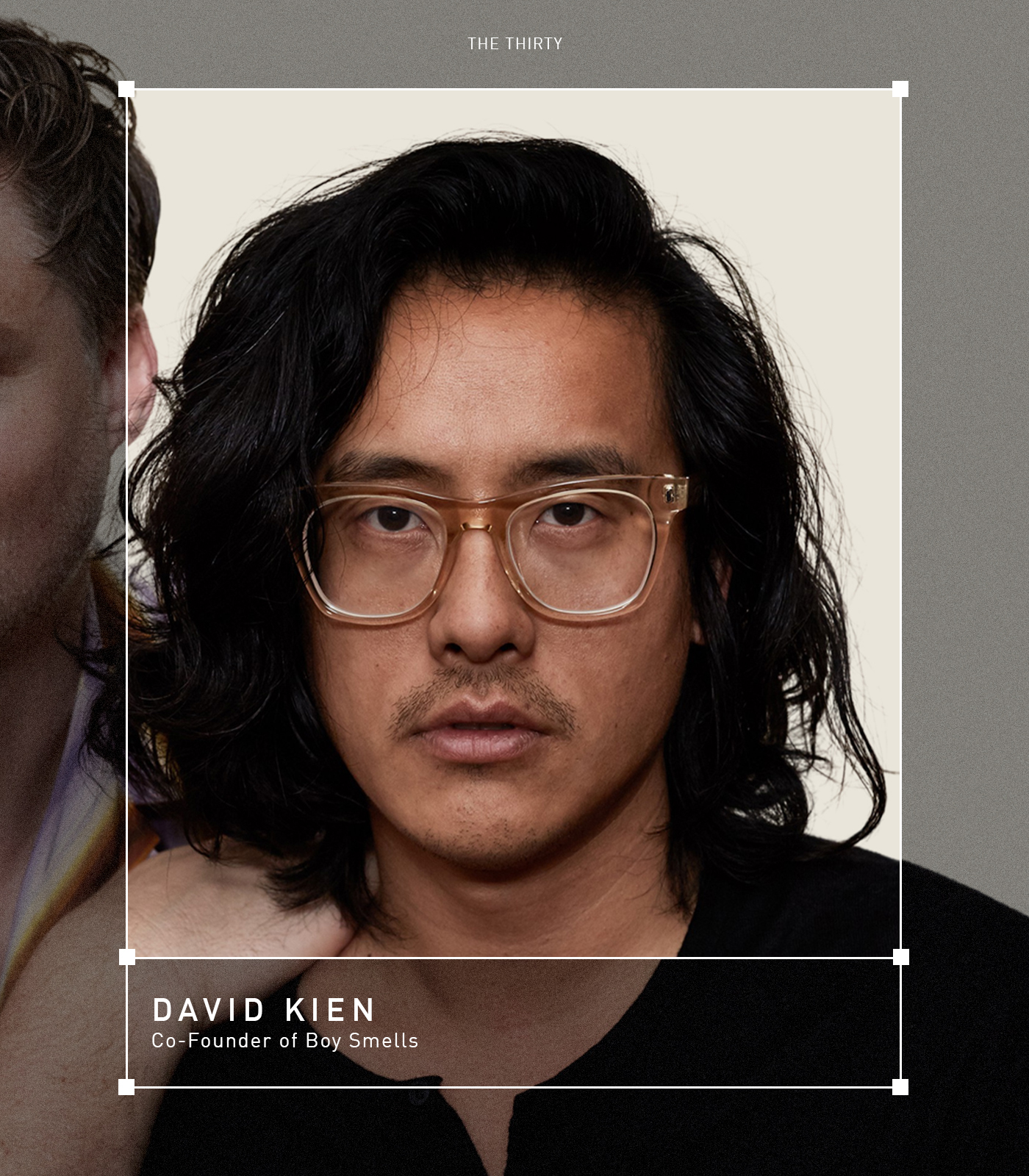
What does being part of the AAPI community mean to you?
It means bonding with friends over home-cooked meals and regularly visiting my mom every other weekend. (She’s in Little Saigon, a Vietnamese American enclave in Orange County, a 38-minute drive from where I am.)
What's your self-care routine like? What's your definition of wellness?
Making sure to carve out time regularly to hang out with my three rescue dogs, who I share with my partner. And nice, long 20-minute showers when I can fit them in.
Wellness to me is being able to block out long periods of time to watch television on the couch while having some honeyed mint tea, all the while being surrounded by my pups.
What's the most important thing you learned while building your business?
No one is an island to themselves. Whether it be a business partner or an adviser, you definitely need someone who complements your own skills to move your business forward and scale. For instance, Matthew, my business partner, is the numbers guy and is able to help plan production and budgeting, as well as serve as the forward-facing face of the brand, while I prefer to be more #bts through social media and product development.
What have you brought from your background and upbringing to your work?
As a second-generation Vietnamese American, I've seen my parents (who were refugees from Vietnam) not be able to achieve the dream of entering the middle class when I was growing up. Their struggle to find financial stability throughout their lives is the fire and fuel I'm wielding in order to lift up the legacy of my family.
What's your favorite motto or affirmation?
"Easy does it," but more often than not, I mutter to myself, "Hang in there, kitty," just to remind myself of those iconic motivational posters when they're not within view.
And what are some ways others can support the AAPI community?
Be a patron of AAPI-led businesses. Celebrate and share the work of AAPI creators and artists.
Eat and shop the local Chinatowns, Koreatowns, Little Tokyos in your area—explore! Buy your gorgeous dinnerware, groceries, delicious sauces, and seasonings at their markets. There is so much wondrous variety of Asian cuisine across the city—food is one of the best ways to connect with and celebrate different cultures. Don't forget to be generous with your tips!
David Yi, Co-Founder of Good Light
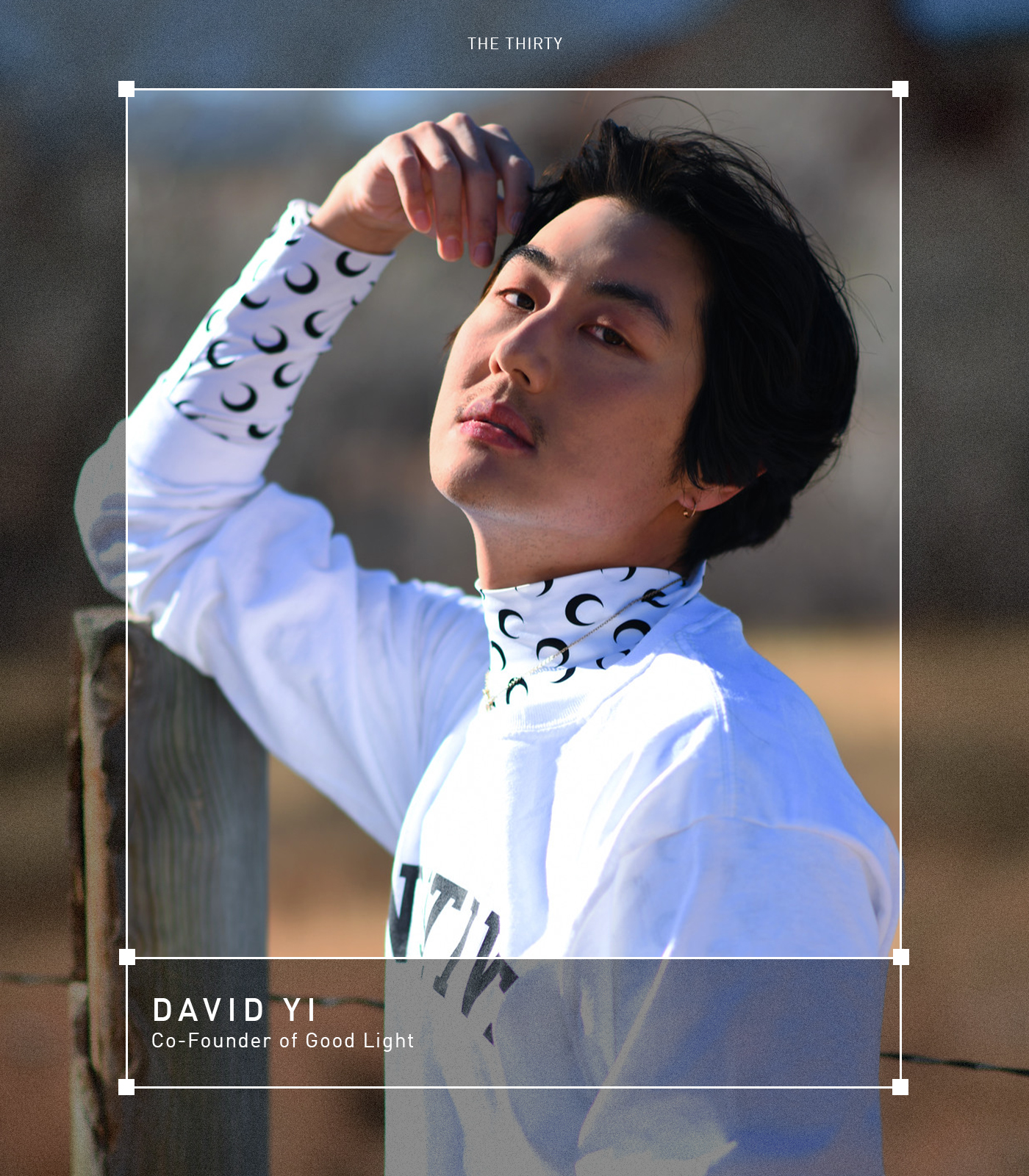
What does being part of the AAPI community mean to you?
There's a genuine sense of pride and being in community with others who share similar experiences. I'm so proud to be Korean American and part of the bigger AAPI community, full of vibrant, diverse, beautiful people whose cultures make America so enriching.
What's your self-care routine like? What's your definition of wellness?
My self-care routine these days is deleting Instagram. I don't find joy by lingering on there for too long and do find wellness all about being sound in body, mind, and spirit. I meditate, I journal, I call friends, and try to be as conscious as possible of this moment.
What's the most important thing you learned while building your business?
I've learned that it takes time and patience to build a brand. It takes learning, growing, listening to customers, and being humble enough to take feedback.
What have you brought from your background and upbringing to your work?
From my Korean parents, I've adopted a great sense of pride for who I am and the ancestors I come from. Korean culture is amazing as we can trace back our ancestors from hundreds of years back. It gives me a sense of pride knowing that there were so many warriors who fought for their existence, and because of them, I am allowed to be alive at this very moment. I also love so much that Koreans are all about jeong—this idea of connection—in which we constantly live by. It's allowed me to connect with my peers, my co-workers, colleagues, readers, and customers.
What's your favorite motto or affirmation?
It was Leo Tolstoy who wisely said, "Everyone thinks of changing the world, but no one thinks of changing himself." I was very humbled by this. As someone in the advocacy space, I've fought so much to help change perceptions and policies, but I wasn't looking inward and asking how I could do so as well. I think wanting to change the world is very admirable, but we all must try doing the inner work and become stronger, better, kinder first.
And what are some ways others can support the AAPI community?
Support Asian American businesses. Buy from small businesses. Go to local Chinatowns, Koreatowns, Little Tokyos and more. Try to read Asian American literature. Speak to your Asian American friends. Be in community with Asian Americans and allow them to speak their stories. Soak it all in—Asian American history, after all, is American history! It all proves we're in this together.
Diane Read, Founder of Mo Mi

What does being part of the AAPI community mean to you?
We're all connected through our cultural experiences of being Asian in America. My family has been in North America for generations (I'm fifth-generation), and despite that time, we still keep some traditions and share cultural parallels. These experiences remain a connection and understanding.
What's your self-care routine like? What's your definition of wellness?
Wellness is feeling healthy, energized, and having mental clarity. When I'm not in this zone, my self-care routine is getting some exercise to clear my mind and activate endorphins. I love beauty treatments that deeply hydrate my hair, skin, and nails, while indulging in feel-good movies or music.
What's the most important thing you learned while building your business?
There are a few. Stay open-minded, network, seek honest feedback, check and challenge your ideas, be ready to evolve to better solutions, and forgive yourself and move on quickly when you make mistakes. Most importantly, I'm grateful for the support from family and friends because being an entrepreneur means you've signed up for one heck of a roller coaster ride.
What have you brought from your background and upbringing to your work?
My mom has always focused on botanicals, adaptogens, and TCM for beauty, well-being, and overall health, so this has always been a part of my upbringing. Those values and time spent living, working, and traveling in Europe and Asia [helped] everything come together.
What's your favorite motto or affirmation?
Go with the flow. My grandmother writes little notes to herself and posts them around her home. It's a reminder to me that if something intuitively does not flow, it's okay to let go, trust, and know that something better will emerge.
And what are some ways others can support the AAPI community?
Offer support. Check in with your family and friends who may be feeling unsafe or just feeling upset. Knowing you have support and people who understand the situation we're in is comforting and helps to provide emotional strength. Create awareness, inform yourself, find charities that are protecting those who are most vulnerable, and have conversations with others who don't know that this is our current reality.
Lin Chen, Founder of Pink Moon
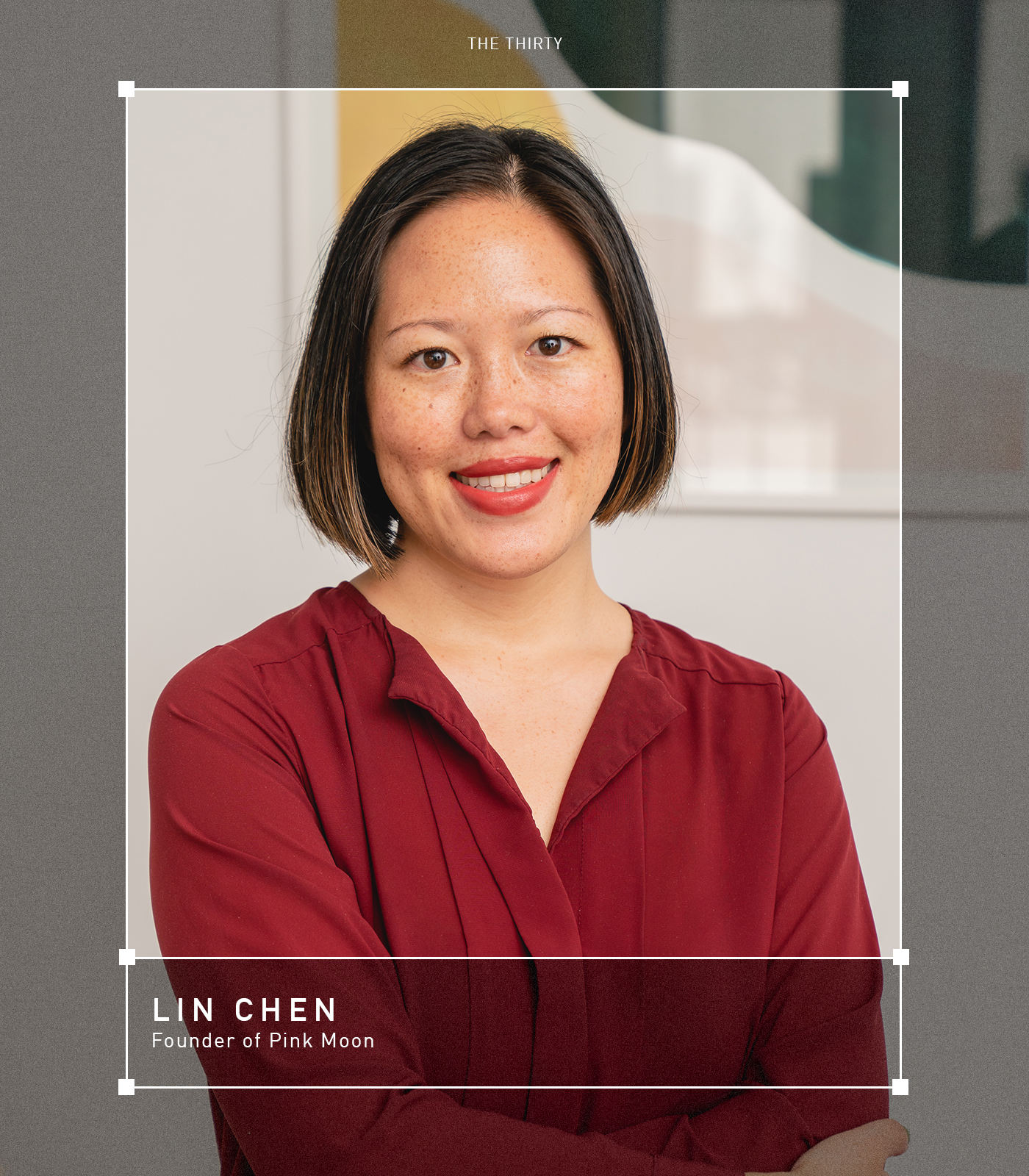
What does being part of the AAPI community mean to you?
As I've grown older, I've developed a deeper appreciation for being a member of the AAPI community. As a college student, I advocated for AAPI representation through membership and involvement in several clubs, and post-college, I volunteered my time for several AAPI-focused nonprofit teams as the marketing/events director for TAP (Taiwanese American Professionals) and Hyphen Magazine. There's something really beautiful and uplifting about being part of a community that is joined together by similar experiences.
What's your self-care routine like? What's your definition of wellness?
As an NYC-based entrepreneur, I'm constantly surrounded by messaging that glorifies fast-paced living and relentless productivity. Because of this, wellness, for me, means really taking the time to slow down. This involves setting clear and concrete boundaries that help me do things like going to bed early and waking up early. I'm also a big advocate of taking the time to just love myself. My favorite way to do this is my self-care routine, which usually involves me taking the time to wash my face, applying skincare, and giving myself a facial massage with either the Pink Moon rose quartz gua sha stone tool or simply with my hands. I've also found bathing to be a highly therapeutic wellness practice as well.
What's the most important thing you learned while building your business?
As cliché as it sounds, one of the most important things I've learned is that patience is a virtue. Building Pink Moon has been an interesting journey. It has taken a lot of time to organically build what I currently have, and I still have so much ahead of me.
What have you brought from your background and upbringing to your work?
Growing up, my mom always demonstrated the importance of giving back to communities in need. I'm proud to say that giving back is now a huge part of Pink Moon! Every single brand we partner with has its own philanthropic efforts, and as a company, we also give back through either unique donation campaigns or our community impact program. (This allows 1% of our revenue from every single customer purchase to be donated to a charity from one of our pre-selected charity partners.) I'm also very proud to represent my heritage and experiences with traditional Chinese medicine (TCM) through the Pink Moon gua sha tool. Fun fact: This was actually the first product I released!
What's your favorite motto or affirmation?
"I am enough." I know the phrase is seemingly simple, but I think many of us struggle with feelings of inadequacy, or at least I know I have. Embracing my own worth has been crucial to my growth, healing, and self-love journey.
And what are some ways others can support the AAPI community?
The first thing I recommend others do is to get informed. Learn about our history, our contributions to the world, and our long-standing struggles. If you can, give back to important AAPI-focused causes; this can be done by spreading awareness, monetary donations, or donating your time.
Rooshy Roy, Co-Founder and CEO of Aavrani
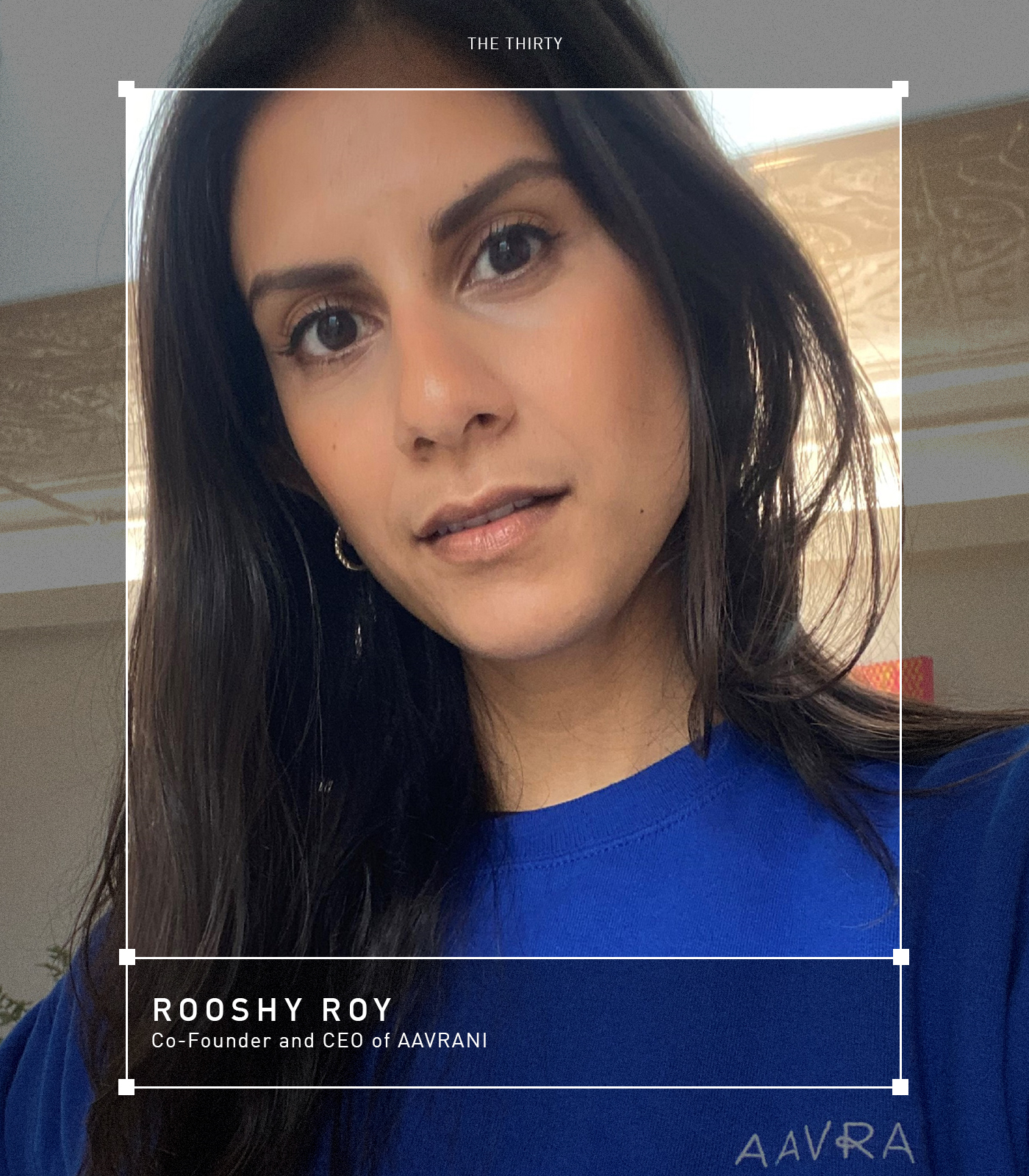
What does being part of the AAPI community mean to you?
Being a part of the AAPI community can be a challenge to navigate in the U.S. At times, it feels like the best course of action is to just blend in and do as you're told, when in reality, it's just the easiest and most nearsighted one. From my own lived experiences and journey towards building confidence, I think there's a lot of greatness that's still buried beneath the surface from the AAPI community. It's inspired me to not only double down on my passions but also pay it forward. I feel a great sense of responsibility toward the AAPI community—to break stereotypes, showcase our multifaceted talents, and inspire others within the community to do the same.
What's your self-care routine like? What's your definition of wellness?
My self-care routine extends far beyond beauty products—self-care is a way of life. It's the boundaries I set, the joy I allow myself to lean into when I feel a spark of creativity. It's the rest that I only recently started to prioritize. My version of self-care can sometimes look like a bowl of fresh fruit and other times a bowl of ice cream. The way I see it, self-care is a matter of awareness that affects every choice you make. By constricting the conversation around self-care to the confines of a "routine," we are in effect suggesting that self-care is irrelevant beyond the context of one. My definition of wellness embodies self-care as it's a constant state of making conscious choices in an effort to align oneself—mind, body, and soul—a practice that fosters beauty from the inside out. So to me, wellness can also be defined as such: holistic beauty.
What's the most important thing you learned while building your business?
Building my business has taught me a lot about life. The most profound lesson that I've internalized so far is that everything—our successes, our mistakes, our team, our company culture—is a reflection of me and my leadership. So if I want to continue growing and transforming my business, I must remain committed to growing and transforming myself.
What have you brought from your background and upbringing to your work?
Aavrani is a holistic skincare brand that is rooted in ancient Indian beauty rituals, which have been passed down across generations of women in South Asia. I learned how to take an ingredient-driven approach to my skincare concerns because it's the culture in which I was raised. I grew up making various combinations of turmeric-based face masks, coconut oil based hair masks, and sweet almond oil based body treatments with my grandmothers in Kolkata and my mom in Michigan. If alleviating dryness was my priority, for example, I learned to complement the turmeric mask with raw honey for hydration; if it was acne, I learned how to integrate neem oil to alleviate redness and prevent new blemishes. My background serves as the foundation for the Aavrani brand, so I am learning to be proud of bringing my full, authentic self with me to work every single day. The success of our brand depends on it.
What's your favorite motto or affirmation?
"I never lose; I either win or learn," by Nelson Mandela. Helps me remember that there's no such thing as failure and that mistakes need to be made (not avoided!) in order to push forward.
And what are some ways others can support the AAPI community?
Stick up for the AAPI community and call out questionable rhetoric and behavior, especially when there's no one from the AAPI community in the room. Leverage the trust that you already have within your communities to initiate such conversations. These efforts might seem trivial, but they never are! We can all play a small part in shifting our culture to an even more beautiful and inclusive community.
Sarah Lee and Christine Chang, Co-Founders and Co-CEOs of Glow Recipe
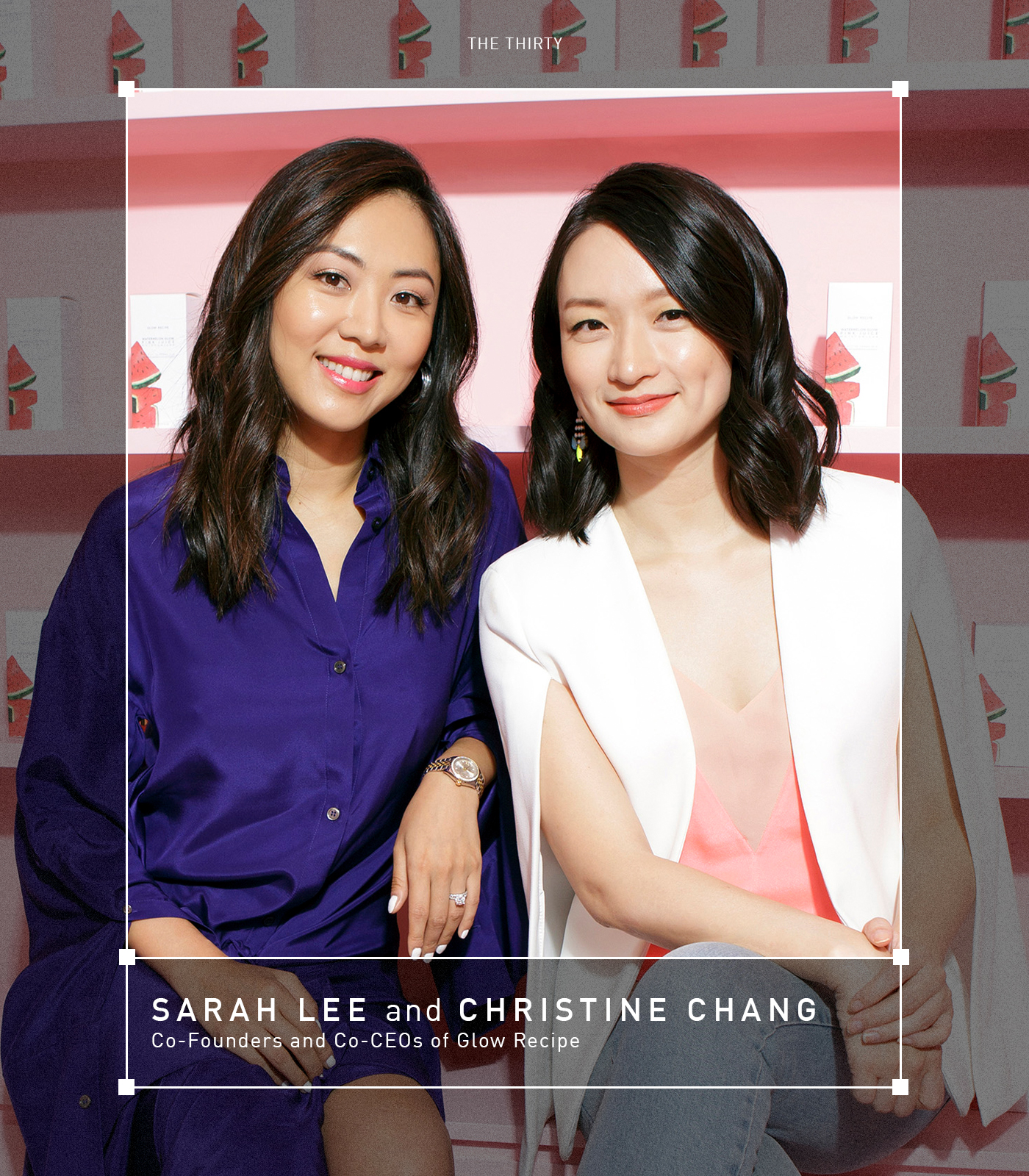
What's your definition of wellness?
CC: Spending time with my family. It's where I derive the most joy and inspiration, so I've learned over the years to set concrete boundaries when I'm available for the team and windows of time when I'm not. It’s the simple things such as cooking every day with my husband and seeing my daughter start to pitch in by chopping vegetables or stir-frying. Most evenings, we read or watch Netflix together, and it's become a comforting daily ritual and a simple way to wind down for the day.
What's the most important thing you learned while building your business?
SL: That it's important to celebrate the successes whether they're small or big. Building a business is a journey, and enjoying the process and learning from the experience is what counts, versus one final result.
What have you brought from your background and upbringing to your work?
SL: Growing up in Korea, I was always observing my mother and grandmother perform their beauty rituals. My mother and grandmother were instrumental in shaping my passion and excitement for beauty. It was a common practice to splash spoiled milk or rice steep water on our skin in public bathhouses with both of them or use cold cucumbers as DIY masks. My grandmother used to rub cold watermelon rinds on my back during the hot summer months, which helped heal and soothe the skin overnight. This ultimately was our inspiration behind the OG product, Watermelon Glow Sleeping Mask.
During my college years, my friends and I were so obsessed with beauty that after school, they would come over to my house for "Sarah Salon" treatments! This was a once-a-month tradition where we would share fun DIY at-home hacks, try new products, and simply enjoy all that beauty had to offer. All of these experiences naturally led to my career path, starting with an internship at L'Oréal in Korea, where from then on, I fell in love with the beauty of marketing and product development throughout my years in both L'Oréal Korea and New York offices. Today with Glow Recipe, all of our products, content, and education are inspired by Korean beauty and its culture, and as a company, we will continue to intertwine this for future product developments and all touch points of communication.
What's your favorite motto or affirmation?
CC: That you can't and shouldn't have to do it alone and that it's okay to ask for help! I've been really fortunate to have received incredible support and mentorship from fellow entrepreneurs throughout our journey. This network of founders, especially female founders, has served as a critical source of advice and guidance as I've juggled entrepreneurship and motherhood. I think that it's so important to connect with your peers and colleagues this way because collaboration is extremely powerful, and there is room for everyone.
And what are some ways others can support the AAPI community?
CC: It is so important to use your platform and take action to help the AAPI community—and all minority groups for that matter—feel safe, seen, and supported from their workplace to their homes and everywhere in between.
As a brand, we've donated to Act to Change, an incredible organization dedicated to end bullying among Asian American and Pacific Islander youth, and are honored to be a sponsor for their third annual Asian American and Pacific Islander (AAPI) Day Against Bullying + Hate this May. We are fortunate to have a platform from which we can raise awareness of these important issues while sharing the core values upon which we built our company. We plan on continuing to leverage our platform to speak up and having meaningful and deeper dialogues with our community and encourage others to do so as well.
Sarah Paiji Yoo, Co-Founder and CEO of Blueland
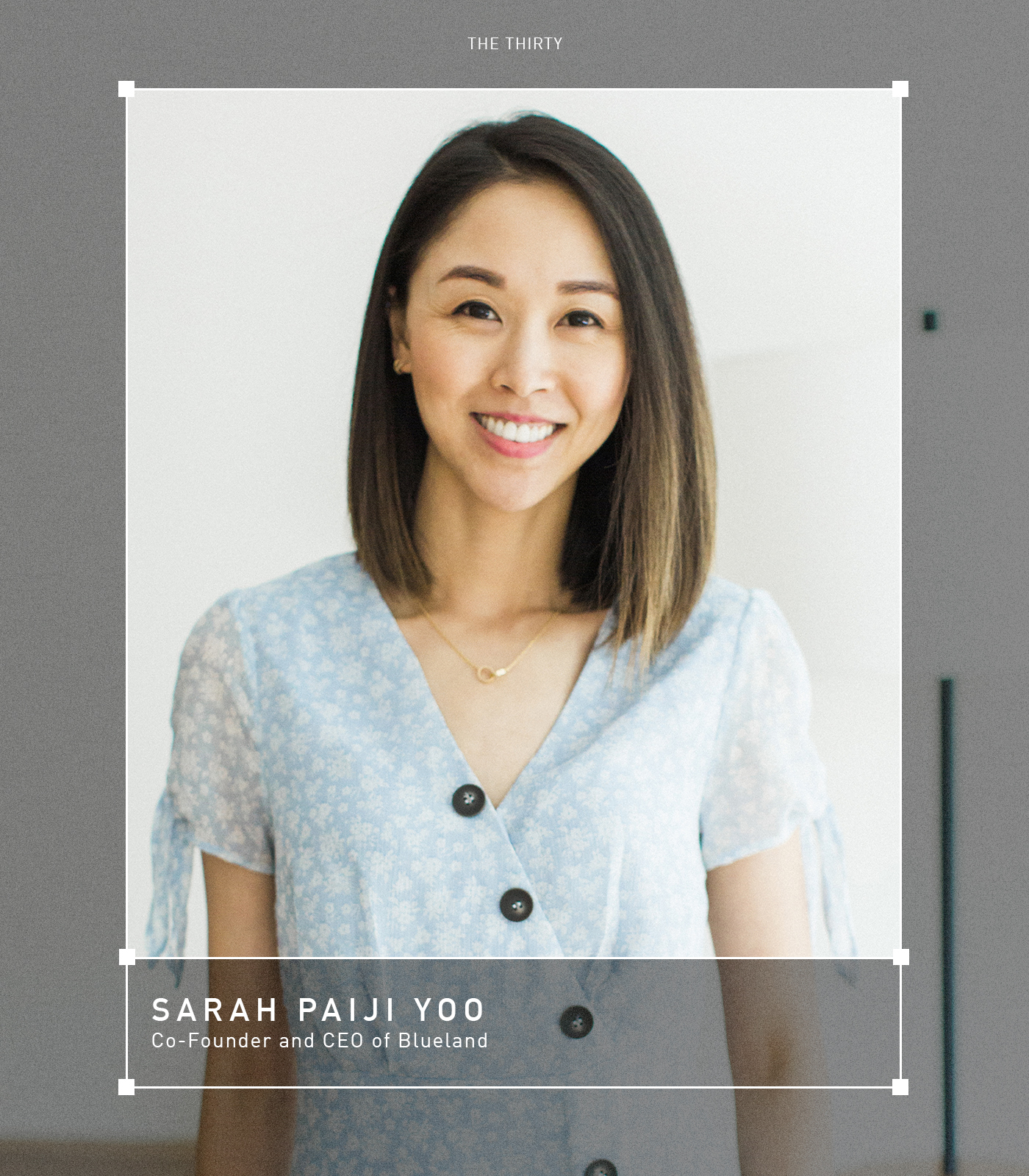
What does being part of the AAPI community mean to you?
This one is complex for me because I'm still not sure how much of a shared AAPI experience there is—outside of our perceived physical similarities, which has led many of us to experience racism or treatment as foreigners even when we are American. Otherwise, our experiences can vary vastly based on when our families first immigrated here, to where, and from what Asian country.
What's your self-care routine like? What's your definition of wellness?
Despite my busy schedule, it is always important for me to carve out time in my day for self-care, and I really value my morning routine that helps me set the tone for the day.
I usually wake up a little bit before 7 a.m. and do not touch my phone until I begin work around 9 a.m. This helps me stay present and enjoy time with my children in the morning. I'll also take time to drink lots of water, leisurely enjoy a cup of coffee, and, when the weather permits, take a morning walk to get outside before the workday truly begins. All of these are ways in which I ground myself and invest in my well-being at the start of each day.
What's the most important thing you learned while building your business?
One of the biggest lessons I have learned while building and scaling my business has been how to balance mom life and work life and realizing that balance looks different for everyone. My days are long and composed mostly of family time or work time, but I feel very lucky that I am able to spend time in the two areas of my life that currently make me the happiest.
It took me two long years to get into this rhythm and also come to terms that we may not be able to have it all, all the time, at the same time—and that is okay. At this moment in my life, that usually means no time for gym, less time for friends, and oftentimes less sleep than I'd ideally want. Regardless, I feel thankful that I can spend a lot of time with my kids each day, during which I can unplug and be 100% present, as well as be proud of the amount of time and energy I can dedicate to my business.
What have you brought from your background and upbringing to your work?
Growing up with high-achieving immigrant parents, I was raised to believe that anything was possible and that no dream was too big or out of reach. My father and mother independently immigrated here when they were 18, from Thailand and South Korea, respectively, with next to nothing and no knowledge of the English language. Yet they went on to obtain their college degrees in four years and both built successful, long-standing careers in aerospace engineering.
As I grew up, my parents did not push me to go to Harvard or to be a doctor or lawyer, but the expectation was that I should always be giving everything my best. This gave me the freedom to explore my interests and create and pursue my own definition of success. This combination—bearing witness to my parents' success and being given the freedom to imagine what success looked like for me—I believe propelled me into my entrepreneurial future.
What's your favorite motto or affirmation?
Leap, and the net will appear.
What are some ways others can support the AAPI community?
Support AAPI owned-businesses.
Offer financial support and donate to AAPI advocacy groups where and when you can.
Stay informed and seek out educational resources that will help you grow your knowledge of AAPI history.
Report incidents of hate when you bear witness to them.
Sashee Chandran, Founder and CEO of Tea Drops
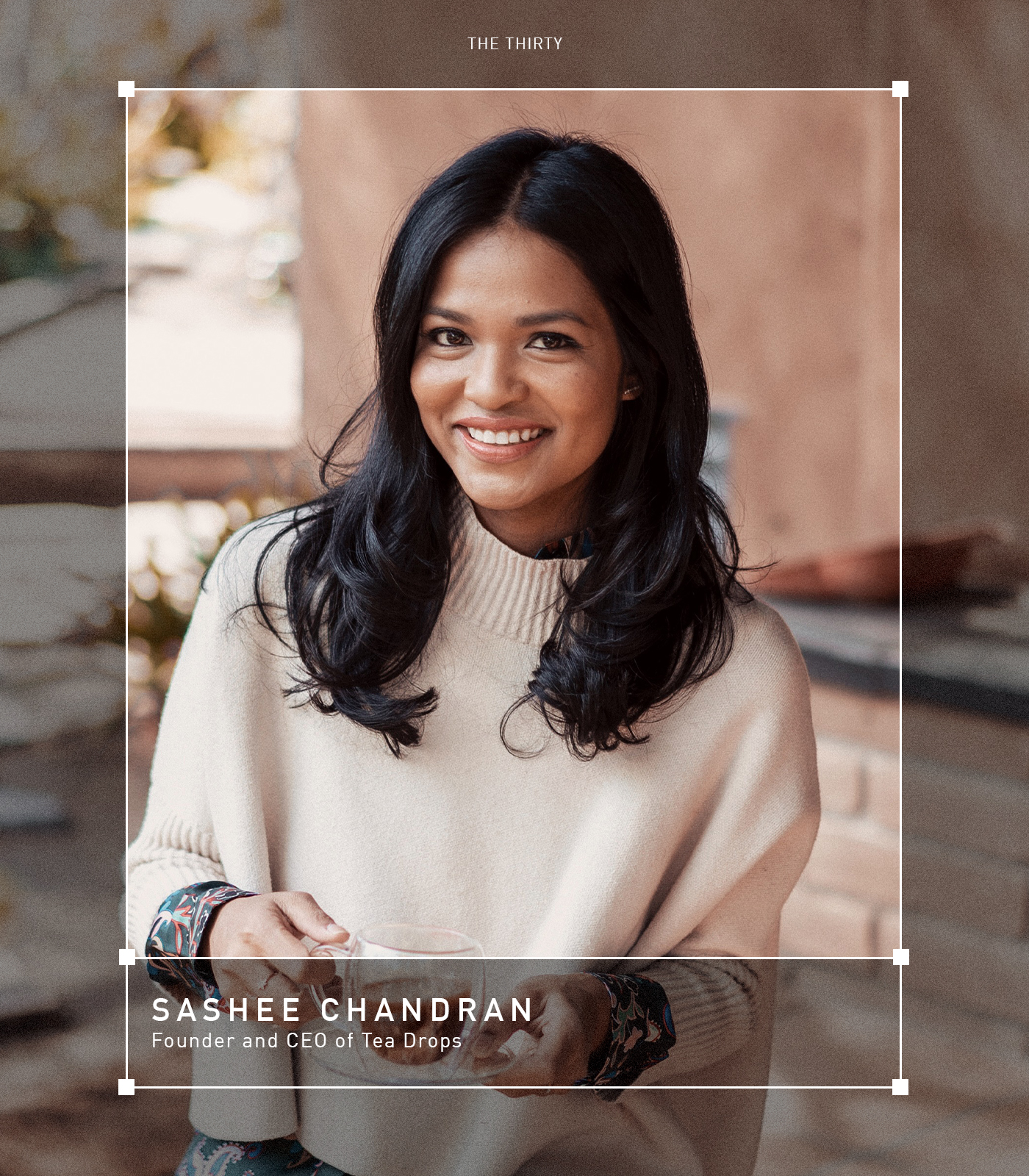
What does being part of the AAPI community mean to you?
I think my heritage (my mom is Chinese and my dad is from Sri Lanka) is such a key part of my journey. There would be no idea or pursuit of my company Tea Drops without my cultural roots to my Asian heritage.
What’s your self-care routine like? What’s your definition of wellness?
To me, self-care incorporates physical, mental, and emotional well-being. For physical health, I've started incorporating more Citrus Ginger tea into my day (since I'm bad at drinking water!) and taking a lot of sunset walks. (I'm lucky to live less than a mile from the beach). For mental health, I've been a lot more protective about my weekends and taking vacations this past year. And for emotional health, I meditate daily and keep the connections I value close to me.
What’s the most important thing you learned while building your business?
One of the most critical things in starting a business is persistence—to not get distracted by the noise, the bad days, or your own fears. Deciding to take one step forward each day is the most important thing.
What have you brought from your background and upbringing to your work?
Great question! My parents were the first entrepreneurs I ever knew. They were immigrants to the U.S. and had several side hustles to make ends meet. Without even knowing it, I was introduced to the tenacity, work ethic, and creativity required to be an entrepreneur. I'd like to think that my upbringing had a lot to do with my decision to also pursue a more entrepreneurial path.
What’s your favorite motto or affirmation?
Leave people and things better than how you found them.
And what are some ways others can support the AAPI community?
Have conversations, don't be afraid to ask questions, and engage in dialogue. As my friend Sara Ku of Kaya Essentials says, "Support the Asian community the way you do our wellness practices," which is to say that supporting our businesses with dollars is wonderful, but engaging in dialogue and having empathy for an Asian American's experience goes a lot further.
Stefanie Walmsley, founder of Prim Botanicals
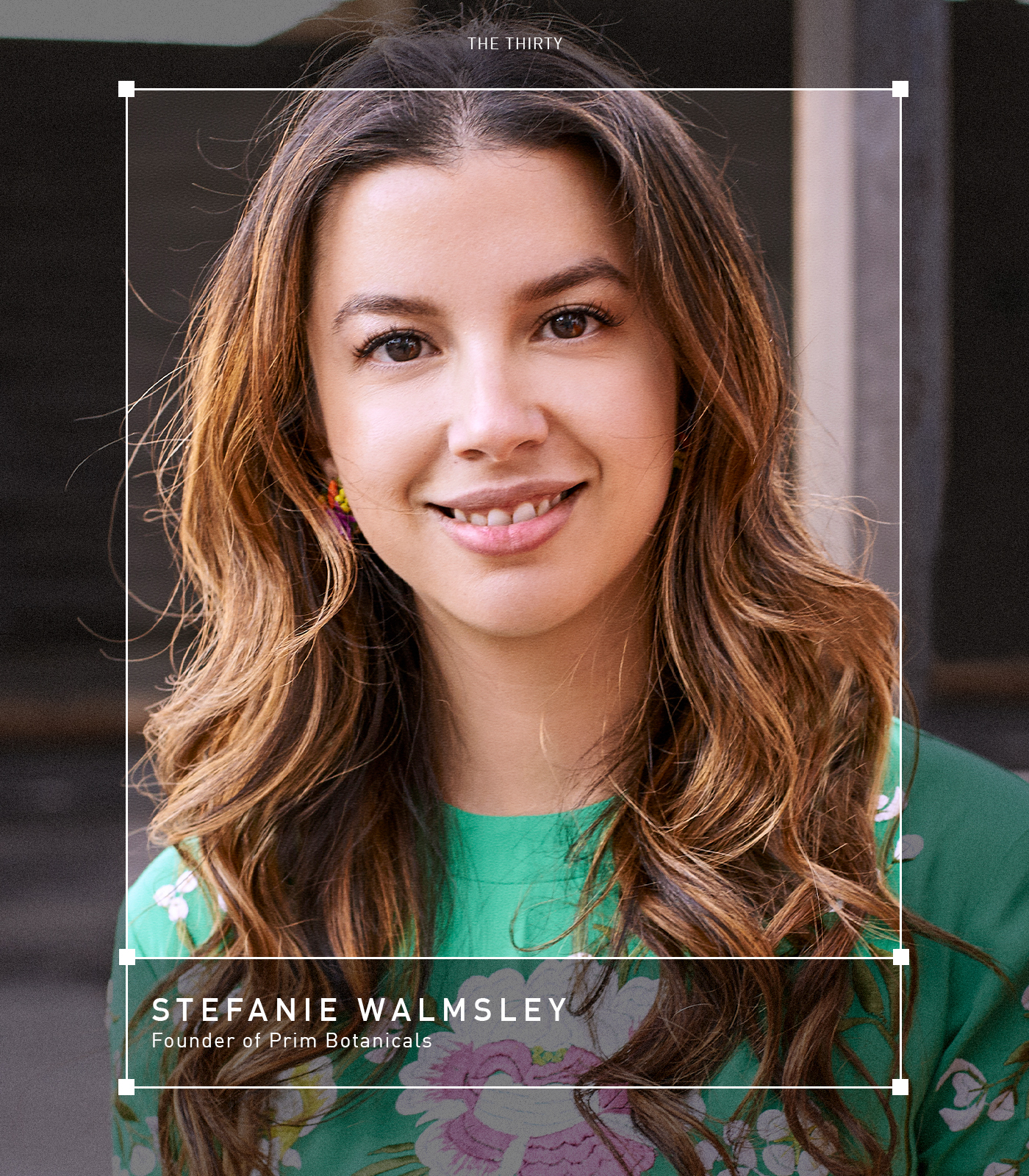
What does being part of the AAPI community mean to you?
I feel a tremendous amount of responsibility to be a valuable member of the AAPI community because I care about it so much. I am Asian, and I am American—that’s who I am! And to be part of a community that celebrates that duality is wonderful.
What's your self-care routine like? What's your definition of wellness?
I don't really have a routine. I try my best to be in tune with my needs, which constantly fluctuate, and base my actions on that. This means some mornings, I stick to poached eggs, hot water, and lemon, or some mornings I'm ordering an Egg McMuffin!
I really do think it is important to allow yourself to indulge in your needs, if you will, and really view them through the lens of caring for yourself. To me, that is true wellness. It could be anything from really giving myself the time to soothe my dry skin with body oil to working with a specialist for my never-ending stomach issues! Right now, I know I need a dance floor as a form of self-care and can't wait until it’s safe to be back on one!
What's the most important thing you learned while building your business?
I'm constantly having to remind myself that while the highs are wonderful, the lows are par for the course. And that the lows are actually the true sources of education and motivation. You have to be incredibly resilient and trust your gut—sometimes it's all you've got to go on!
What have you brought from your background and upbringing to your work?
Everything that Prim is stems from my Filipino upbringing. Back home, you use natural ingredients throughout your day without a second thought. Also, beauty rituals are such a form of self-care! They are never seen as being vain or anything like that because it's widely accepted that beauty uplifts your mood. I really try to bring those ideas into everything I do at Prim.
What's your favorite motto or affirmation?
When you feel yourself succumbing to feeling bad that someone has more, imagine yourself complaining about it to someone who has less.
And what are some ways others can support the AAPI community?
Be kind and use your voice! If you see or hear any hate, speak up. Support AAPI-run businesses, and if there's something about a particular Asian culture you don't yet understand, ask! I'm sure anyone in the community would be happy to enlighten you.
Tina Chow Rudolf, Founder of Strange Bird
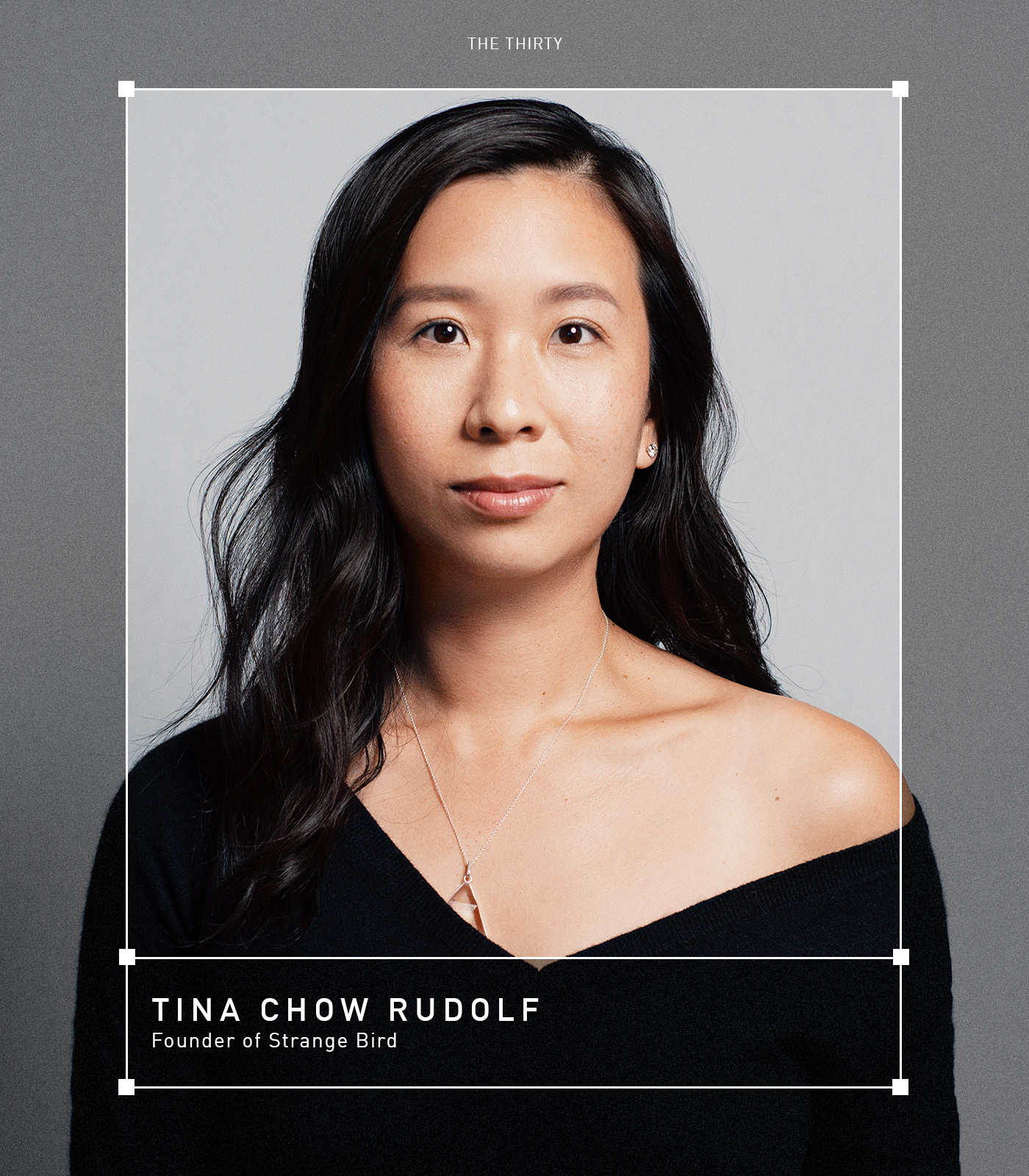
What does being part of the AAPI community mean to you?
I'm really proud to be 100% Chinese. Growing up, it was hard for me to own that and celebrate it. My neighborhood was very homogenous, and there were less than a handful of faces that looked like mine. But as I matured, so did my understanding of who I was and what made me me. And, for sure, my culture and lineage, my Chinese traditions and values are very much a part of who I am fundamentally, and I am proud (and relieved) to say that I am finally seeing all of that as a superpower. That's why representation was so important to me while building Strange Bird. It's difficult to grow up in a world that you do not see yourself reflected in. I am committed to show Asian faces front and center on all our marketing and messaging—a small step toward making sure that my daughter has a different experience than I did.
What's your self-care routine like? What's your definition of wellness?
Wellness to me is creating a life you don't want to escape from. So much of our understanding of self-care is rooted in being somewhere else (retreat, spa, vacation) or becoming someone else (prettier, thinner, cooler). That approach to self-care doesn't actually heal and, in my opinion, is why we have an epidemic of stress and anxiety in this country. To me, self-care isn't really one thing on a to-do list. It's an intentional practice of building a strong relationship with yourself and the life you design. In that vein, it's not really about what you do but how you do anything that makes it truly transformational. For me, my skincare routine has always been a ritual where I can easily create that quiet. Strange Bird is a natural extension of what I was already doing as a clinician—teaching women how to know and love themselves. While I go through my skincare steps—cleansing my face, prepping it, moisturizing—I am breathing, dropping in, connecting to how I'm feeling. We included flower and gem essences into our formulas to help amplify this practice. It's a very intentional moment for me and also a great reason to lock yourself in the bathroom.
What's the most important thing you learned while building your business?
Do it your way. The minute you share your dream with the world, you'll start to get advice and opinions on what to do. One Google search, and you'll be inundated with tips and guides on how to start your own business. I say listen with your ears wide open. Take all of it and sit with it. Then, ask yourself what feels right for you and do that. This is why knowing yourself and having a strong practice of checking in and listening to yourself is so important. It's the only way to really quiet the noise and hear your intuition. It takes courage to do it your way, to grow slower than they think you should, or faster, to say no, to keep going. Doing it your way is not only what will be the most fun, but it's also the only sustainable way to run a business. Trying to follow other people's rules will exhaust you and burn you out. My husband is also an entrepreneur, and it's hard not to compare Strange Bird's trajectory and path with his business. But I like to go slow and feel my way through things. The more I lean into that, the more fun I have.
What have you brought from your background and upbringing to your work?
Slow and steady wins the race. I mean, don't get me wrong, there's a part of me that wants the rocket-ship story. But I know myself and why I started Strange Bird. I want to disprove the myth that you have to "work hard" to achieve your dreams. I think what's more important than working hard is being aligned. Aligned to your own energy, your own pace, and honoring what feels right for you. Like I said, I like to go slow. I like to feel my way through each step and decision. I like to be able to sit with goals and results and understand them emotionally first. I've never been to business school, but I'm sure that's not something they teach.
What's your favorite motto or affirmation?
"Knowing others is intelligence;
knowing yourself is true wisdom.
Mastering others is strength;
mastering yourself is true power.”
— Lao Tzu, Tao Te Ching
And what are some ways others can support the AAPI community?
Support our brands, our restaurants, our creators. Amplifying our voices and our missions is wonderful and generous and its own form of activism, but supporting us in a way where we can buy our own mics, create our own platforms and influence is the only sustainable way to evolve and create change for the long run. To have a successful, financially abundant, influential, mission-driven company and to be able to operate that business through the experience, intelligence, and intuition of a person of color creates waves of change that ripples for lifetimes. Nothing changes if nothing changes.
Vanessa Lee, Founder of The Things We Do
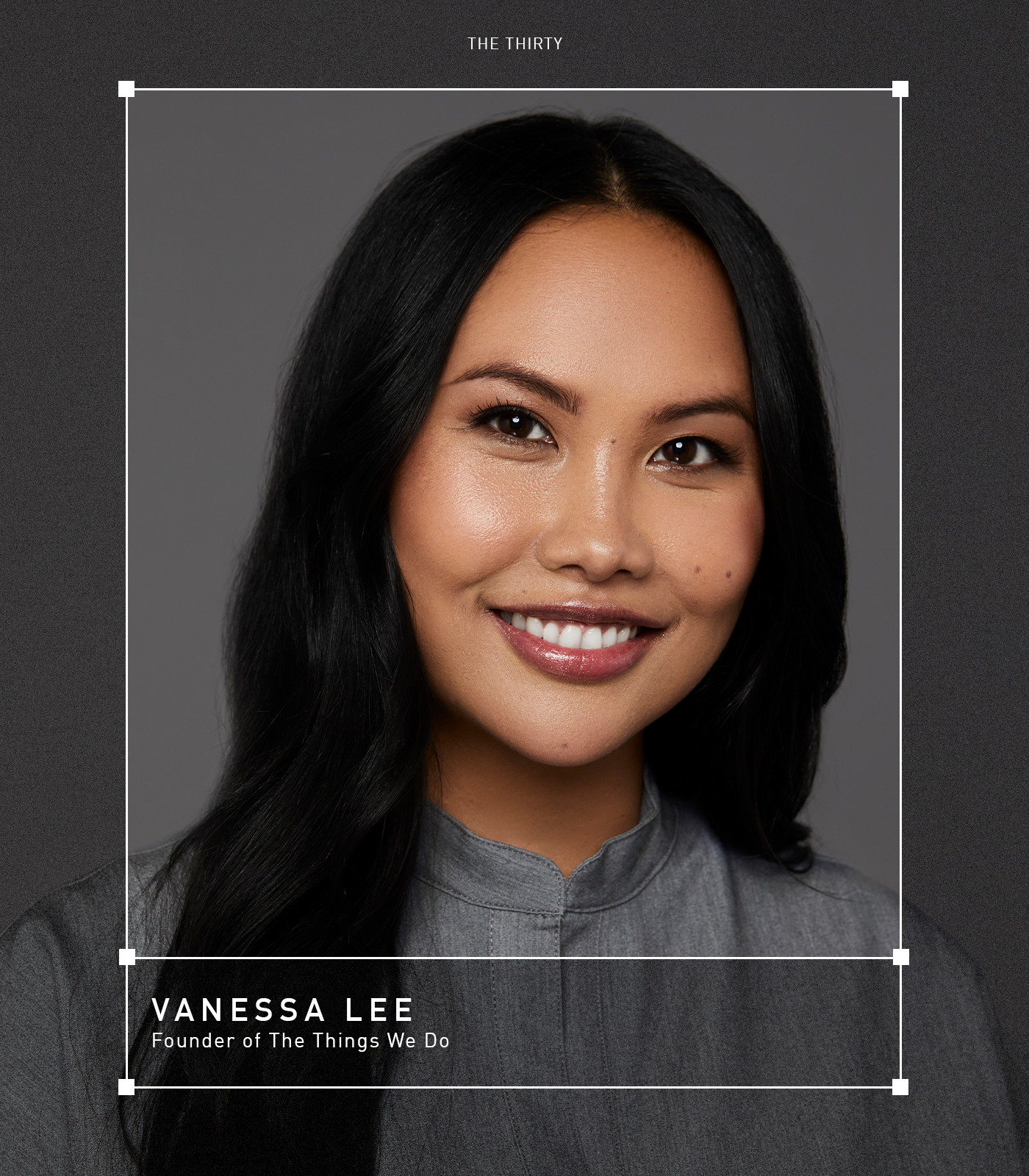
What does being part of the AAPI community mean to you?
It feels powerful to have a collective name and purpose not only to stop hate against the AAPI community but to celebrate collectively what we bring to the table as a people. Growing up, it felt like the Asian communities had an unspoken division, and the term AAPI strengthens unity. I am very proud of being a part of this community.
What's your self-care routine like? What's your definition of wellness?
I take care of my mind and soul first by taking a moment of silence in the morning when I wake up and looking outside. I like to try to empty my mind of thoughts and just watch the birds and listen to the sounds happening in my garden. It is very centering. I then listen to my favorite playlist on Spotify while I get ready, "Manifestation and Motivation," which is brilliant, and I go about my day making sure to eat timely and drink enough water throughout my workday. My skincare routine is insane since I have problematic skin and work in the beauty industry, and it takes a lot to keep my skin in balance, but strangely, I wouldn't consider that a big part of my self-care routine; it's more of the basics for me like reminding myself to breathe and just have little moments of gratitude as much as I can throughout the day. My definition of wellness is being secure in who you are and being able to settle your mind. When that is accomplished, you become a vessel for wellness, and it seeps into everything else in your life.
What's the most important thing you learned while building your business?
The most important lesson for me was setting up boundaries. I used to feel that the more I helped, the more I allowed other people space; the more I gave, the better the team would become, and it became true as the opposite. Setting up healthy boundaries and sticking to them and finding peace with that is SO powerful. It was really life-changing for me within the company and in my personal life.
What have you brought from your background and upbringing to your work?
Filipinos are known for making others feel like family. We love to laugh, have a good time, perform, and party. At The Things We Do, we are a bunch of skin-loving badasses who will fervently protect our patients and advocate for their natural beauty and skin health, but behind the scenes, it is a good time. I want my staff to enjoy their workplace and love the culture that they are surrounded by, so we are known to go on trips together, have cookouts together, and just enjoy each other's company. It is the work culture I always dreamed of having.
What's your favorite motto or affirmation?
Everything is as it should be.
And what are some ways others can support the AAPI community?
Stand up for us when you hear a microaggression or racist comment; educate your non-AAPI friends about even being open to new ways of seeing our cultures. Talk with your AAPI friends about some of the biases they have experienced you having and work on actively correcting them. Include us; celebrate with us; if there is something you don't understand, look it up and share with us. Above all, love us. We are Americans too.
This article is provided for informational purposes only and is not intended to be used in the place of advice of your physician or other medical professionals. You should always consult with your doctor or healthcare provider first with any health-related questions.
Sarah is lifestyle writer and editor with over 10 years of experience covering health and wellness, interior design, food, beauty, and tech. Born and raised in Los Angeles, she attended New York University and lived in New York for 12 years before returning to L.A. in 2019. In addition to her work atBest Knockoff Luxury Clothing , she held editor roles at Apartment Therapy, Real Simple, House Beautiful, Elle Decor, and The Bump (sister site of The Knot). She has a passion for health and wellness, but she especially loves writing about mental health. Her self-care routine consists of five things: a good workout, “me” time on the regular, an intriguing book/podcast/playlist to unwind after a long day, naps, and decorating her home.
